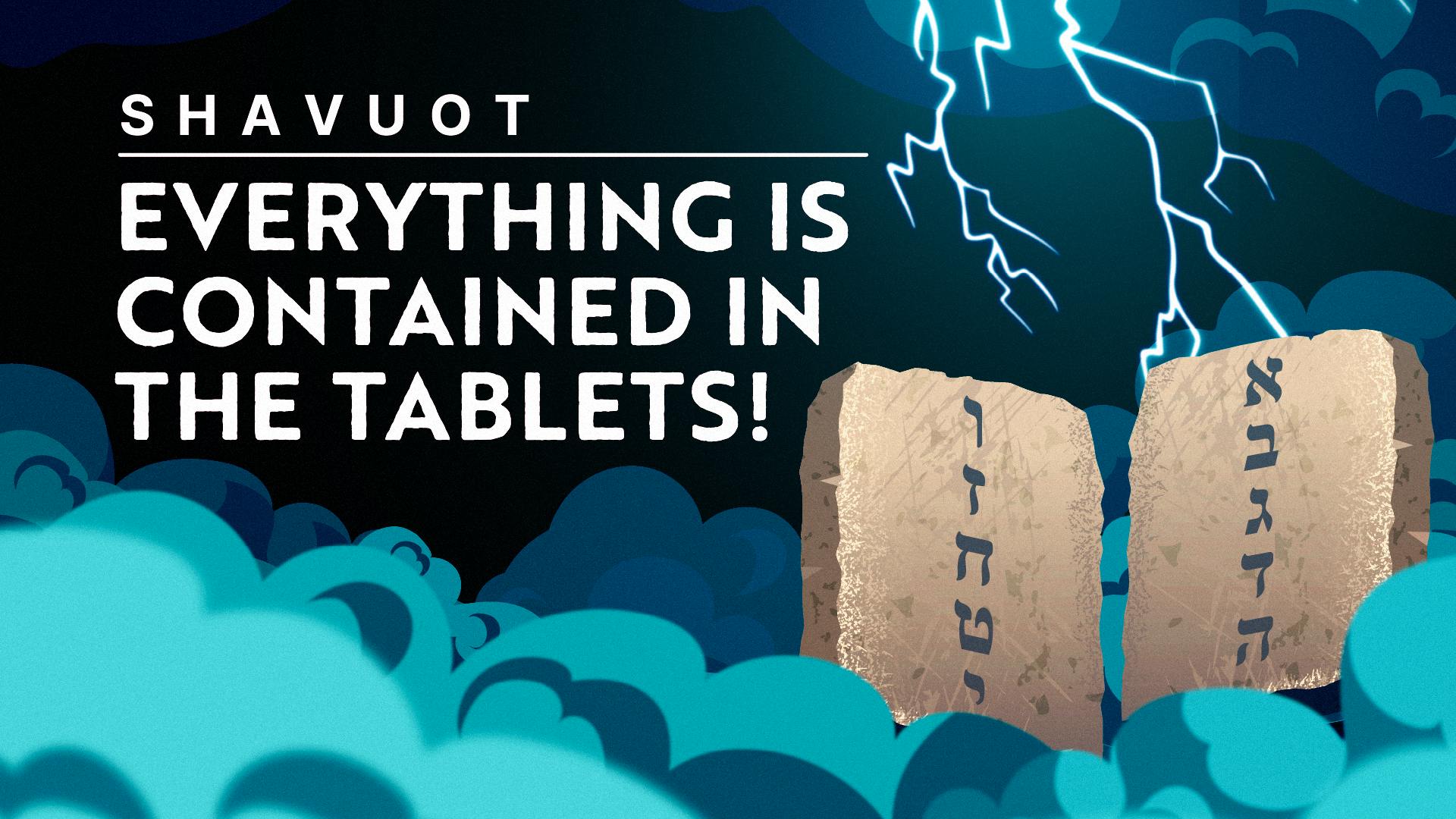God’s Role in Our Lives
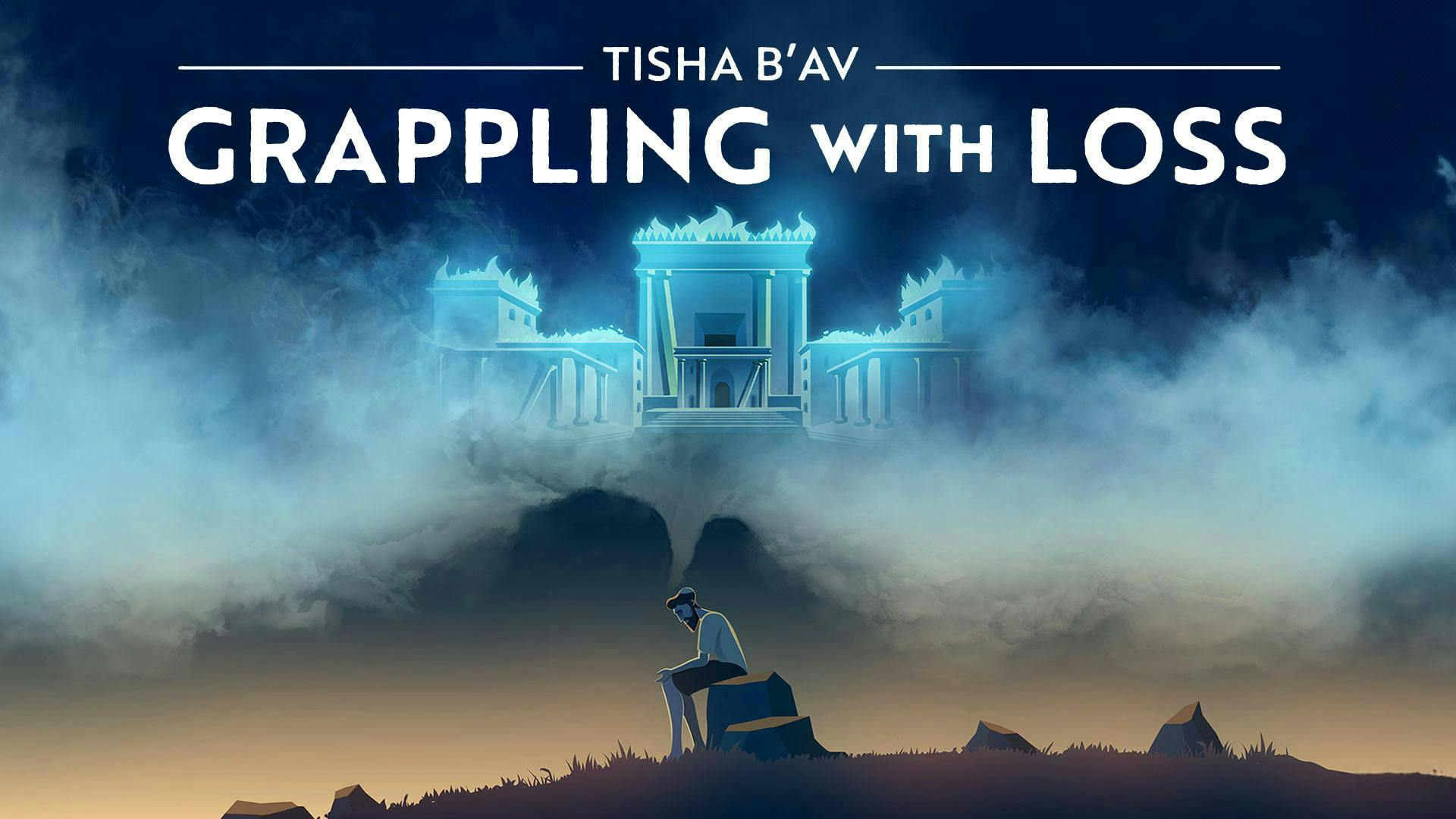
Why Does God Let Us Suffer?
Animated Video Series • Part 1 of 6 • 11 min
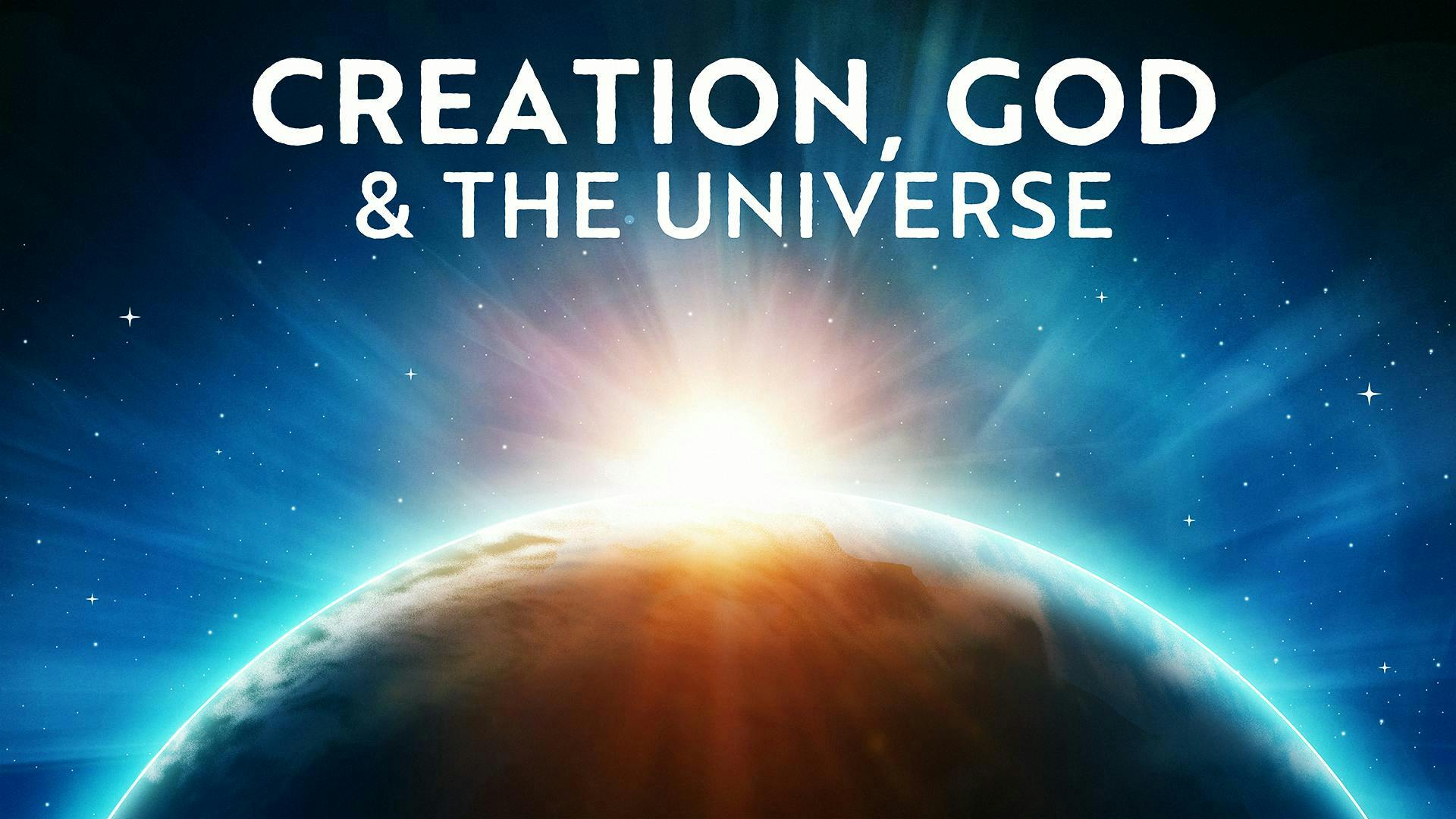
Why Did God Create Me?
Animated Video • 12 min
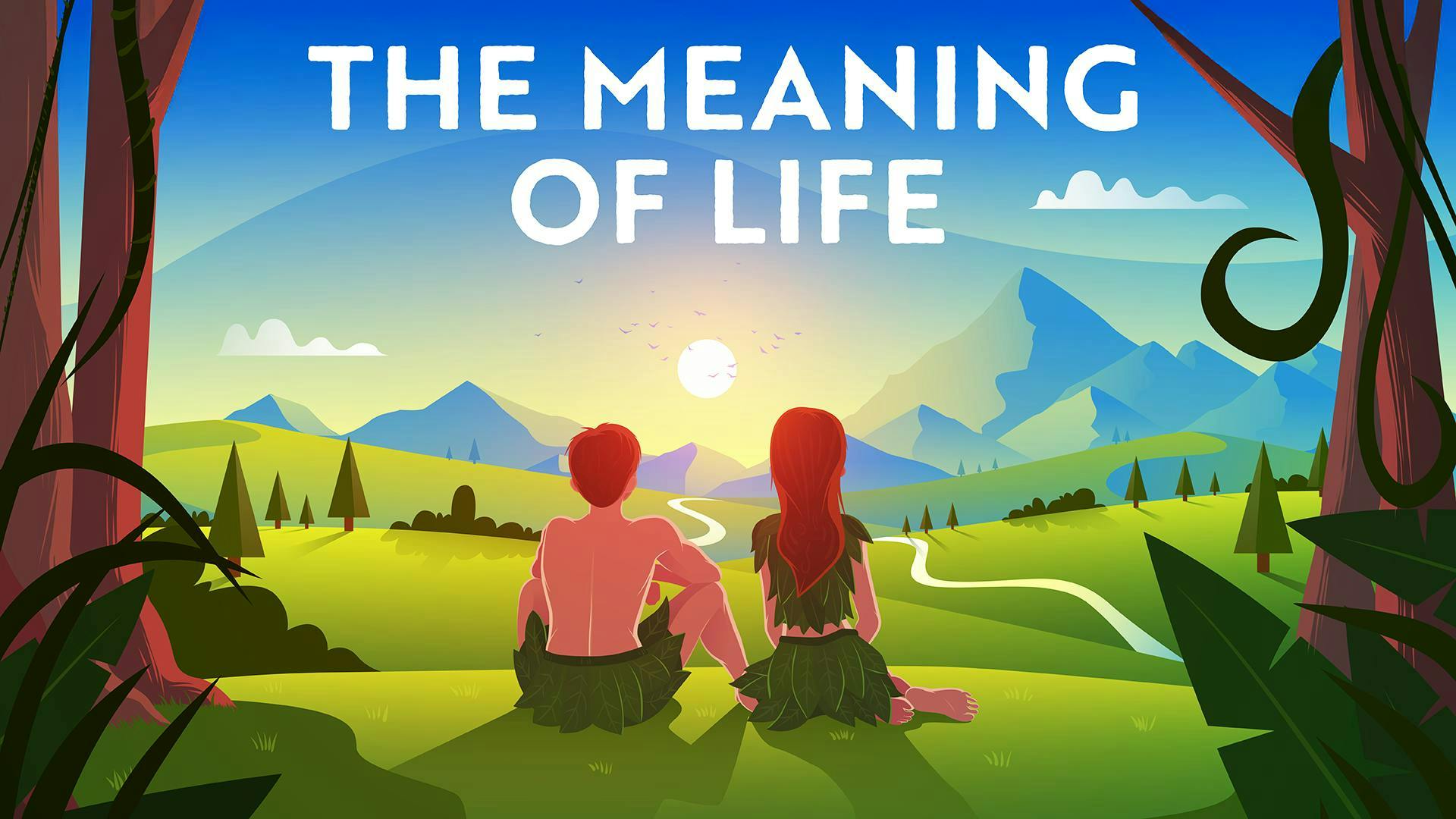
What Is The Meaning Of Life?
Deep Dive Course • Part 1 of 7 • 34 min
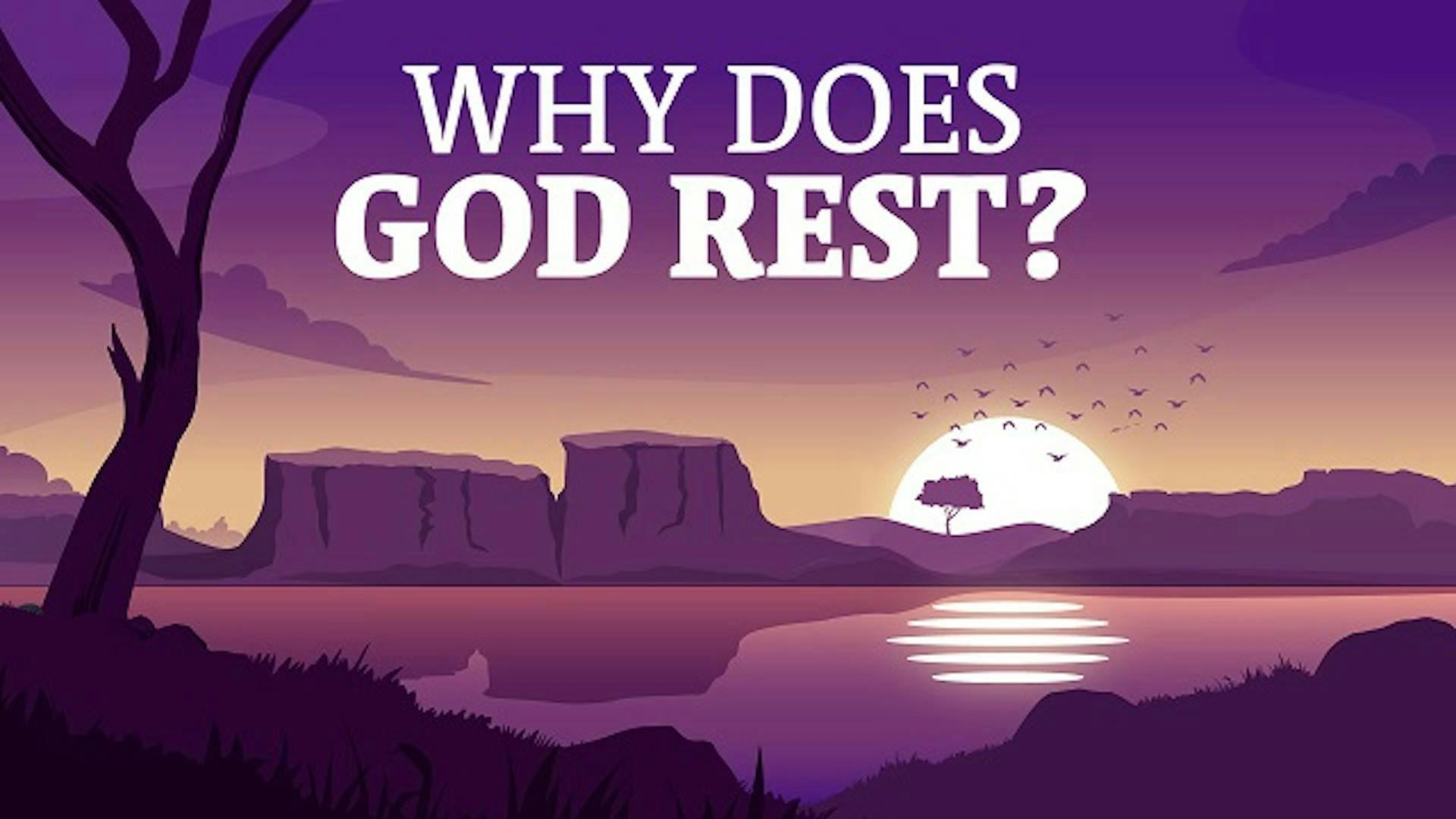
Why Does The Omnipotent God Need To Rest?
Animated Video Series • Part 1 of 4 • 8 min
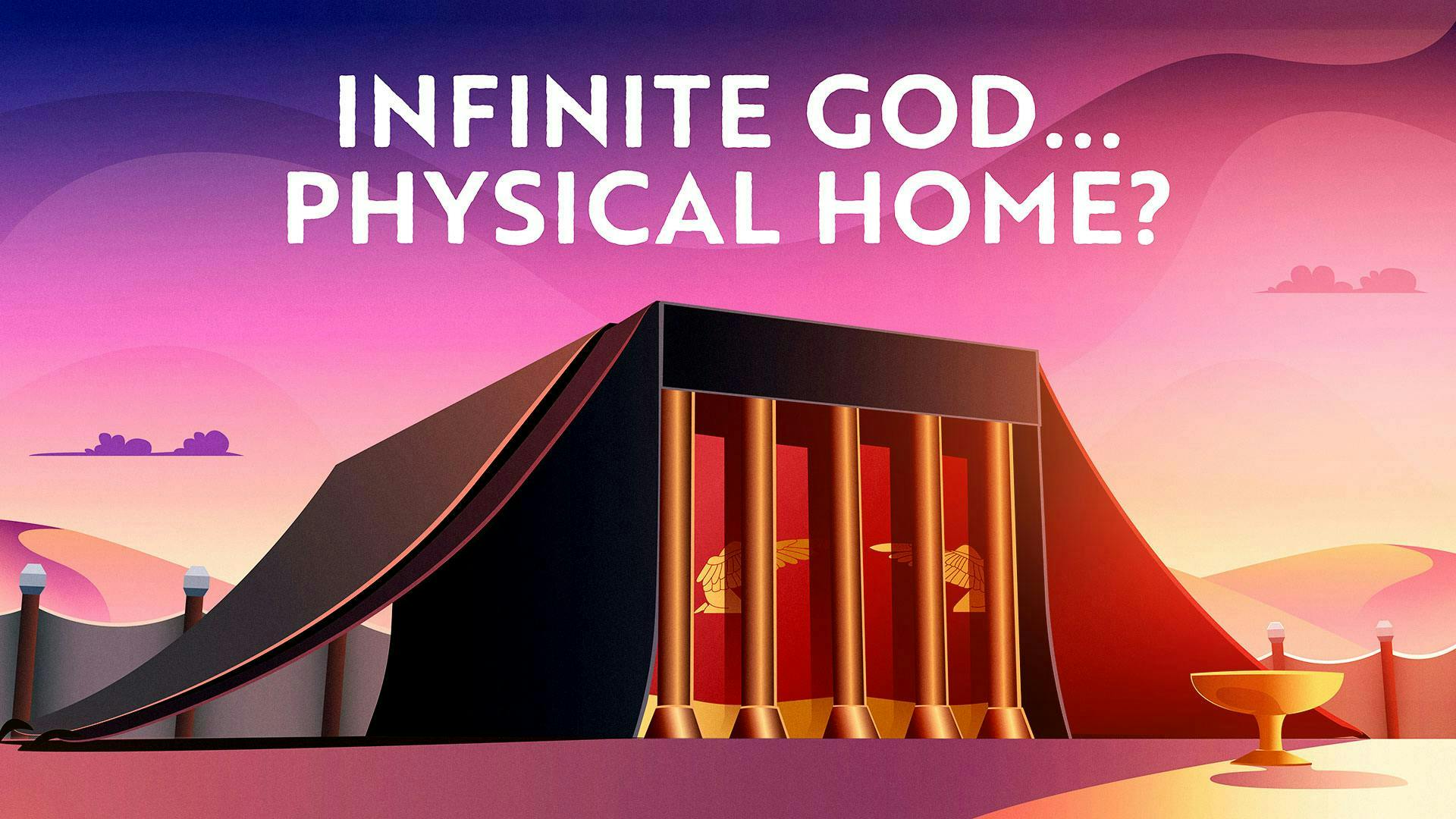
Does God Literally Dwell Among Us?
Recorded Lecture • Part 1 of 3 • 5 min
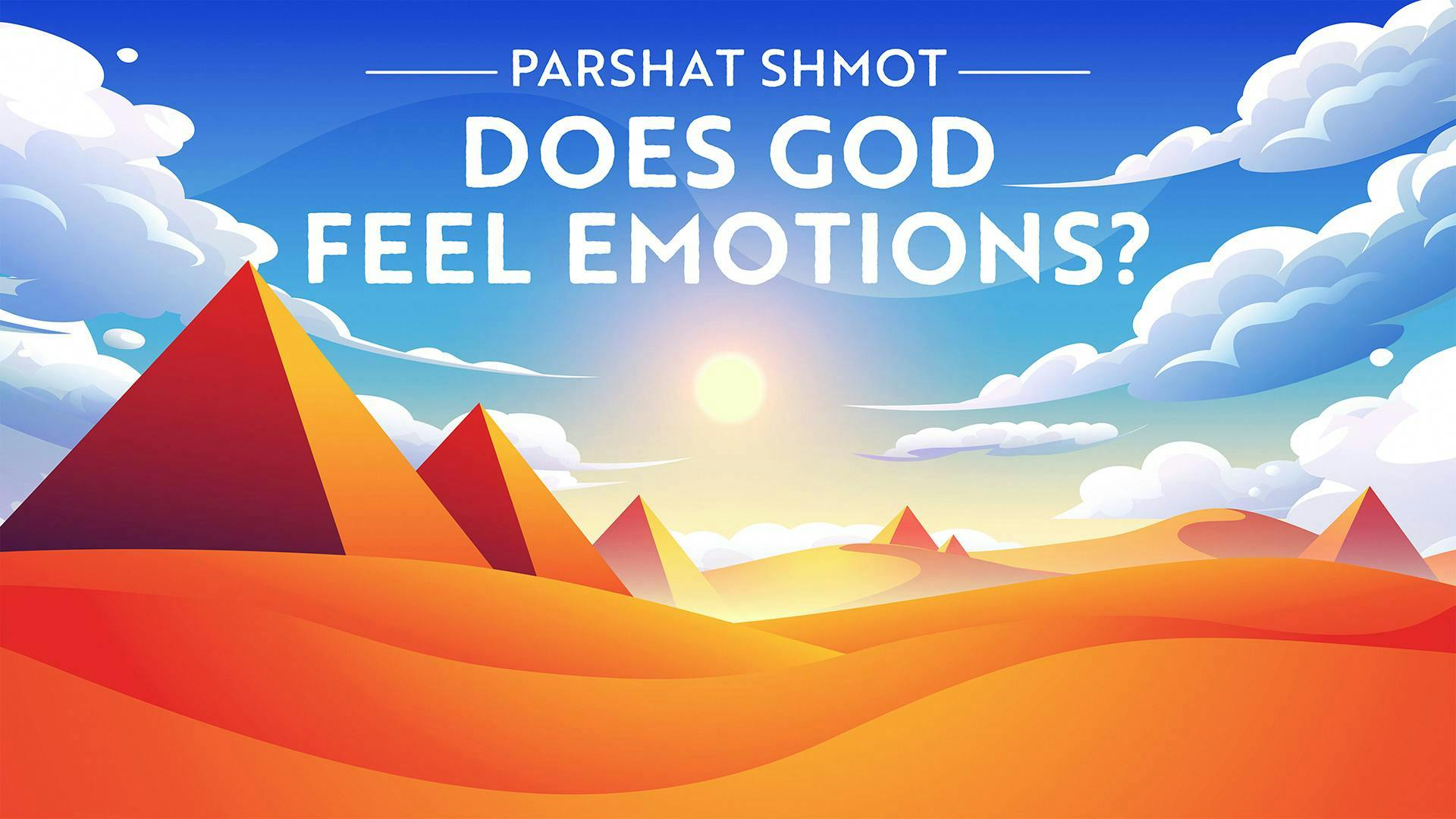
Does God Feel Emotions?
Animated Video • 12 min
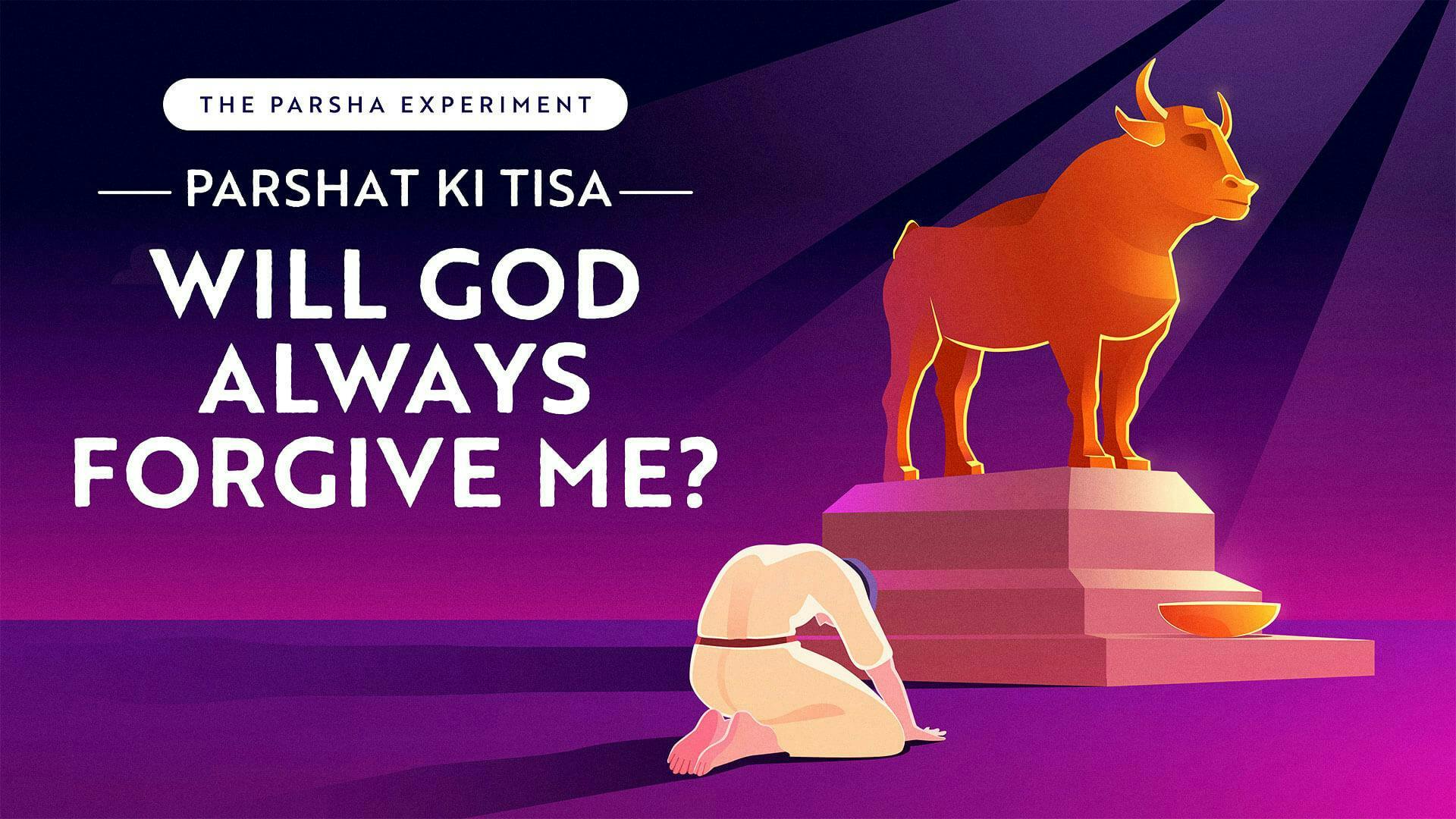
Will God Always Forgive Me?
Animated Video • 13 min
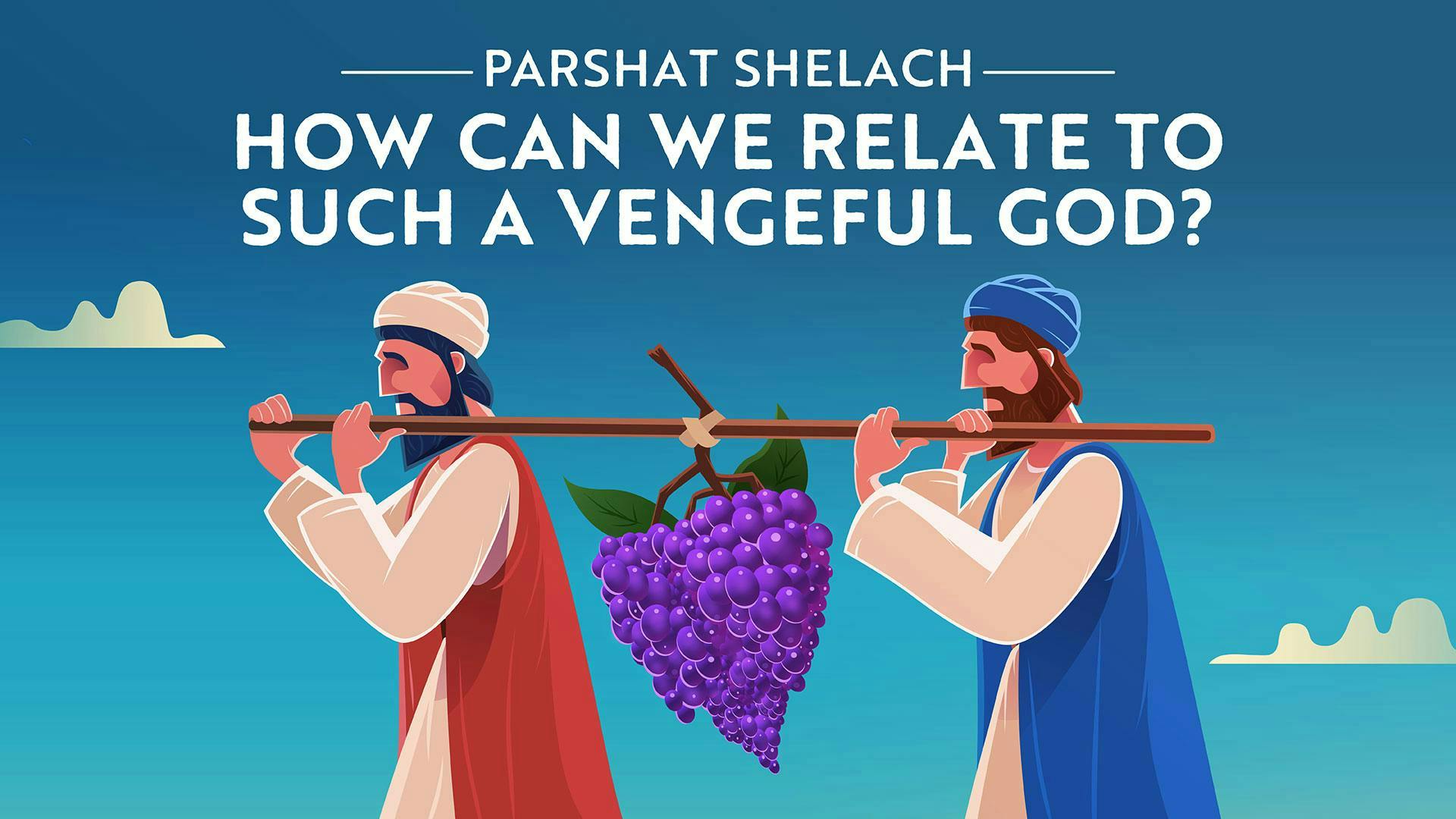
How Can We Relate to a Vengeful God?
Animated Video • 18 min
Torah and the Challenges of Modernity
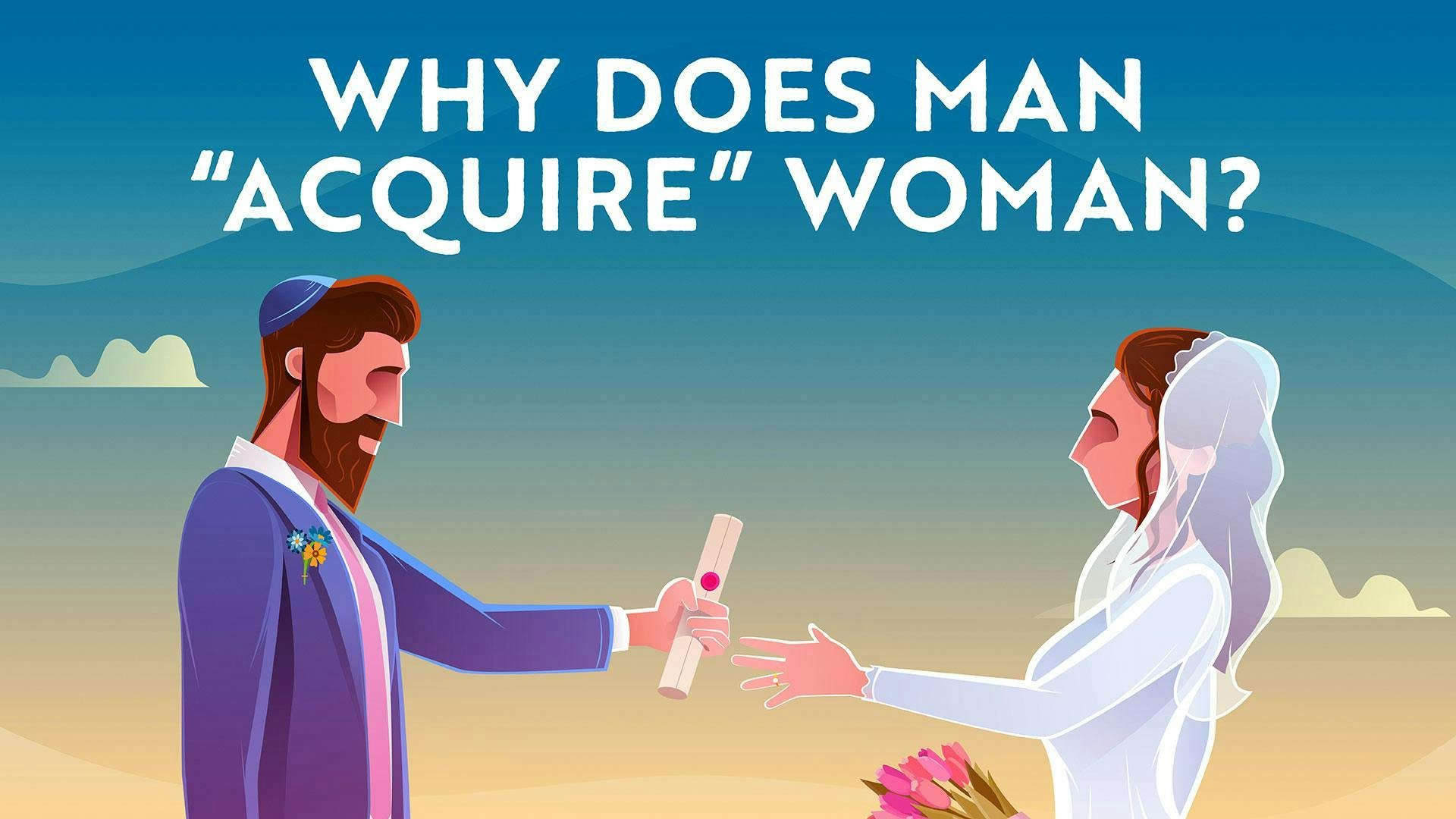
Why Does Man "Acquire" Woman?
Animated Video • 9 min
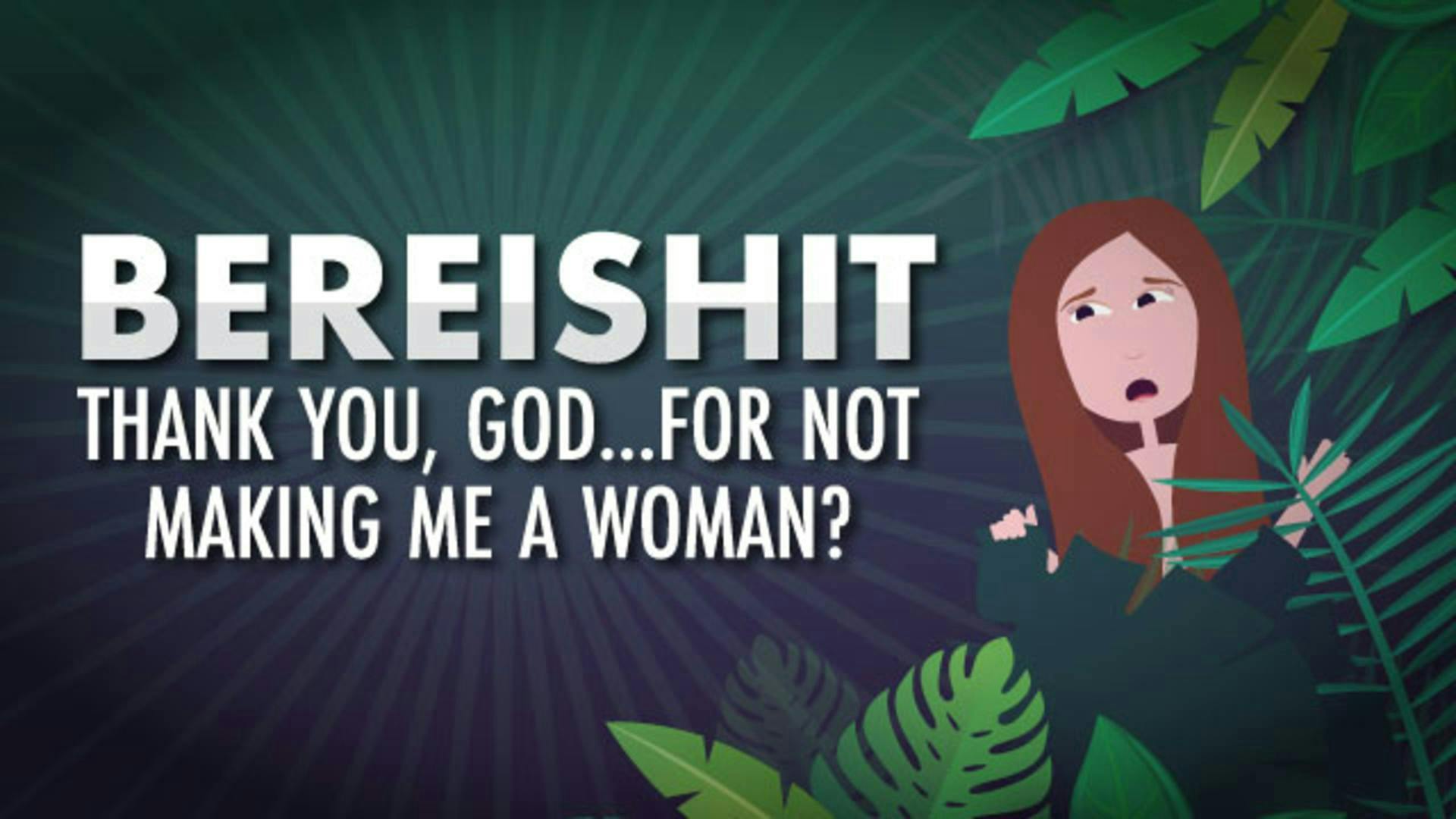
Shelo Asani Ishah: Why Thank God For Not Being A Woman?
Animated Video • 11 min
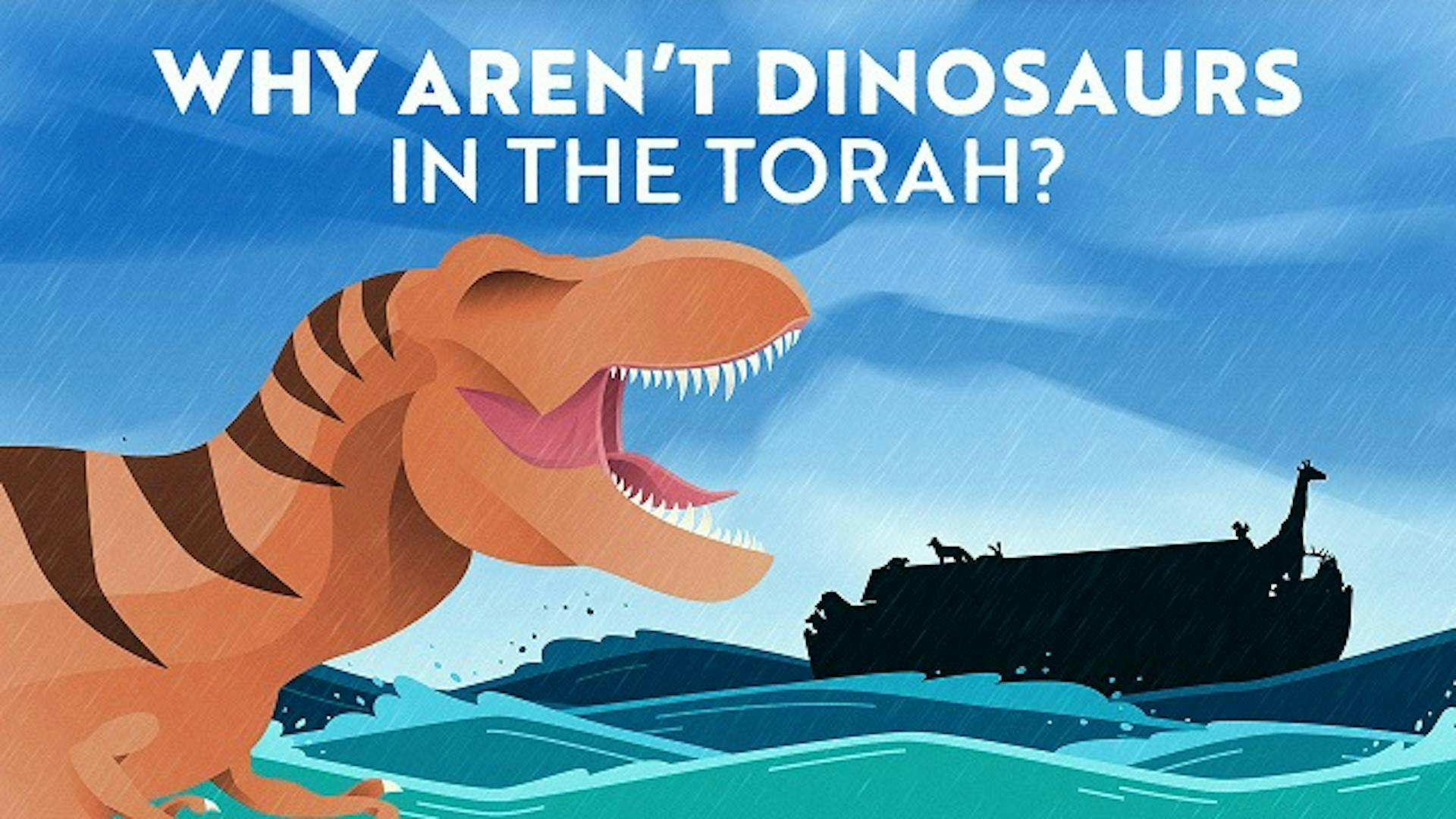
Why Aren’t Dinosaurs Mentioned In The Torah?
Animated Video • 8 min
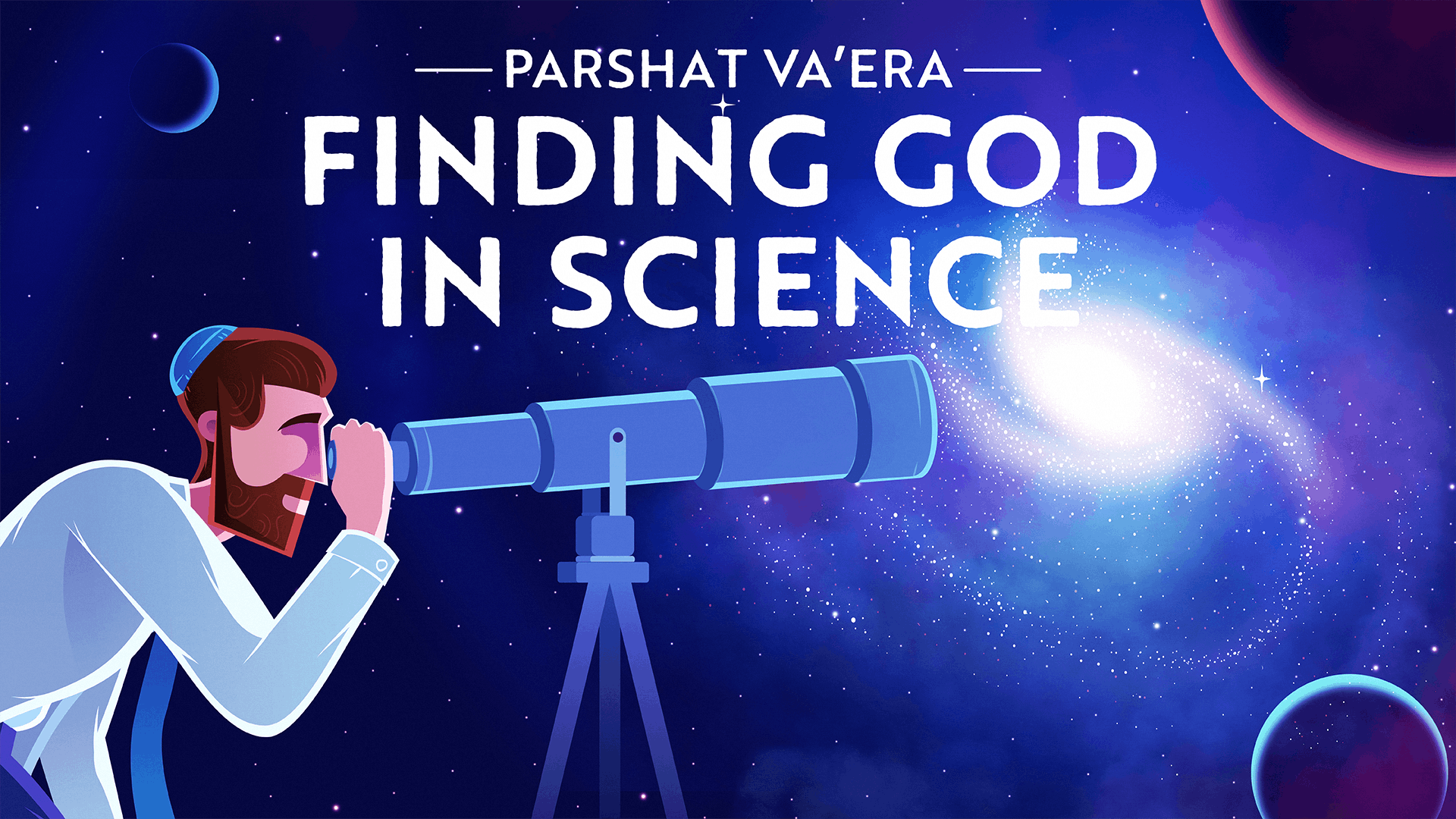
Do the Big Bang and Torah Conflict?
Animated Video • 12 min
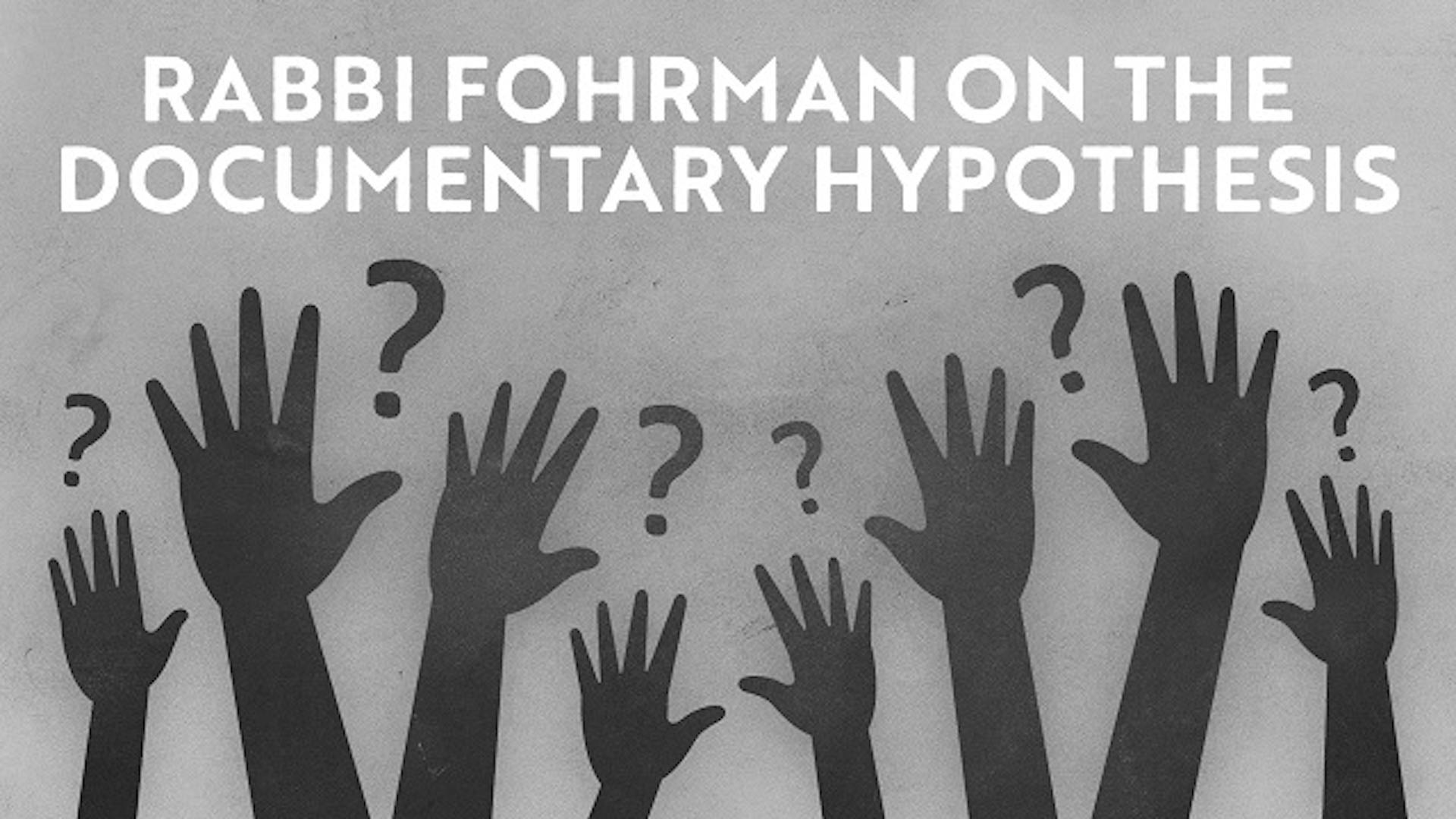
How Can We Respond to the Charges of Biblical Criticism?
Recorded Lecture • 32 min
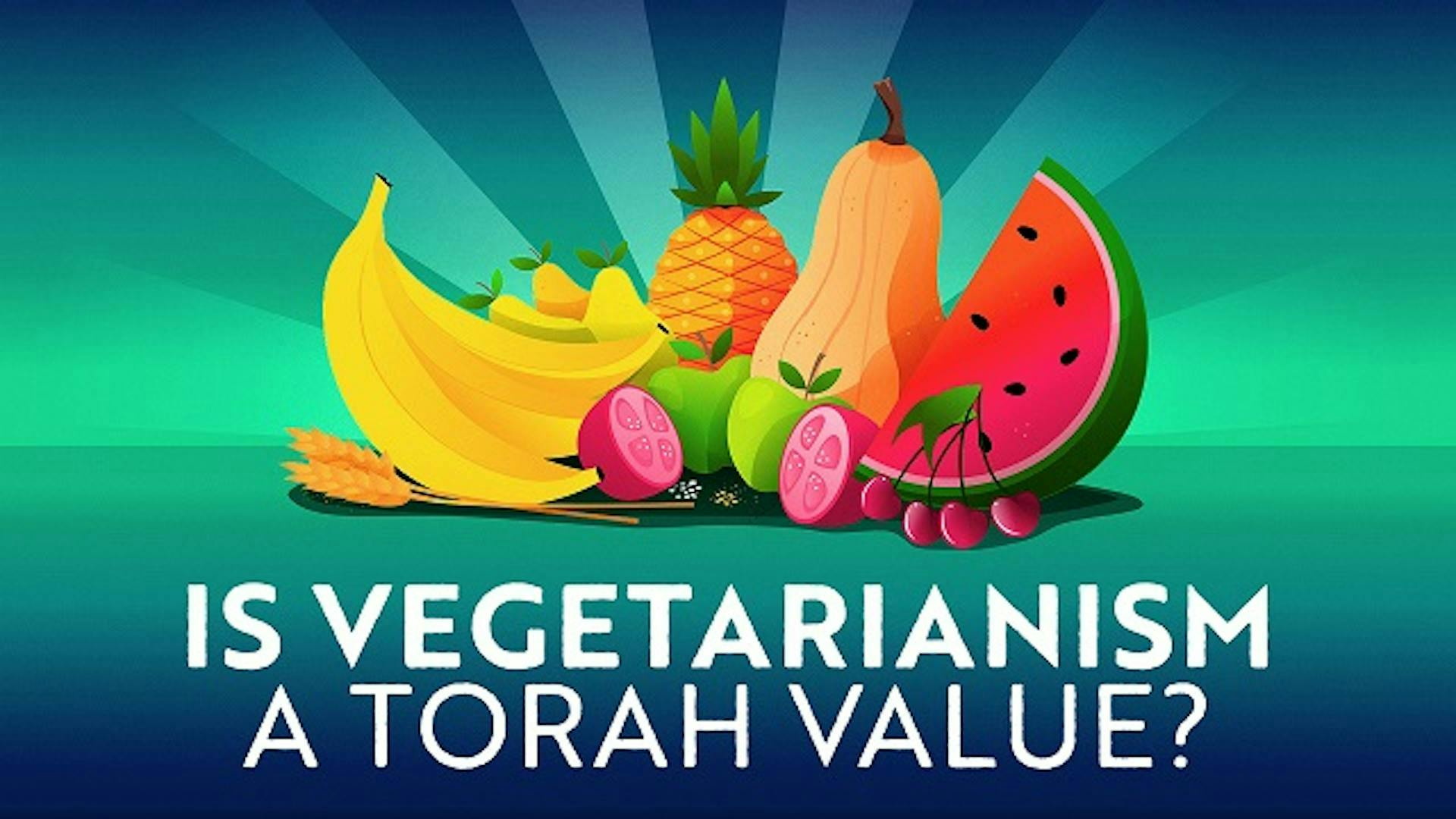
Is Vegetarianism A Jewish Value?
Animated Video • 17 min
Making Sense of Difficult Stories and Laws
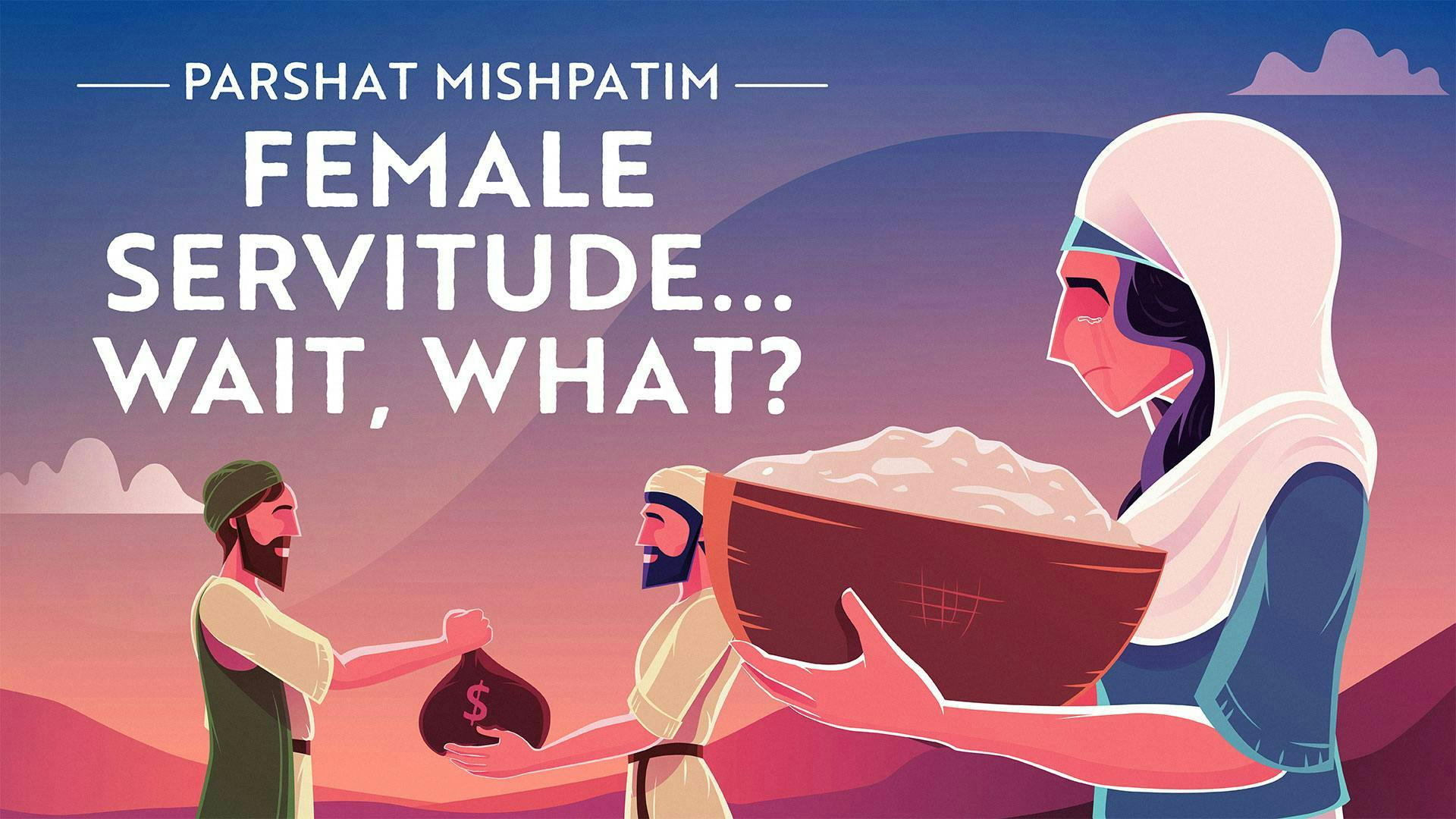
Why Does the Torah Contain Laws That Seem to Promote Slavery?
Animated Video • 9 min
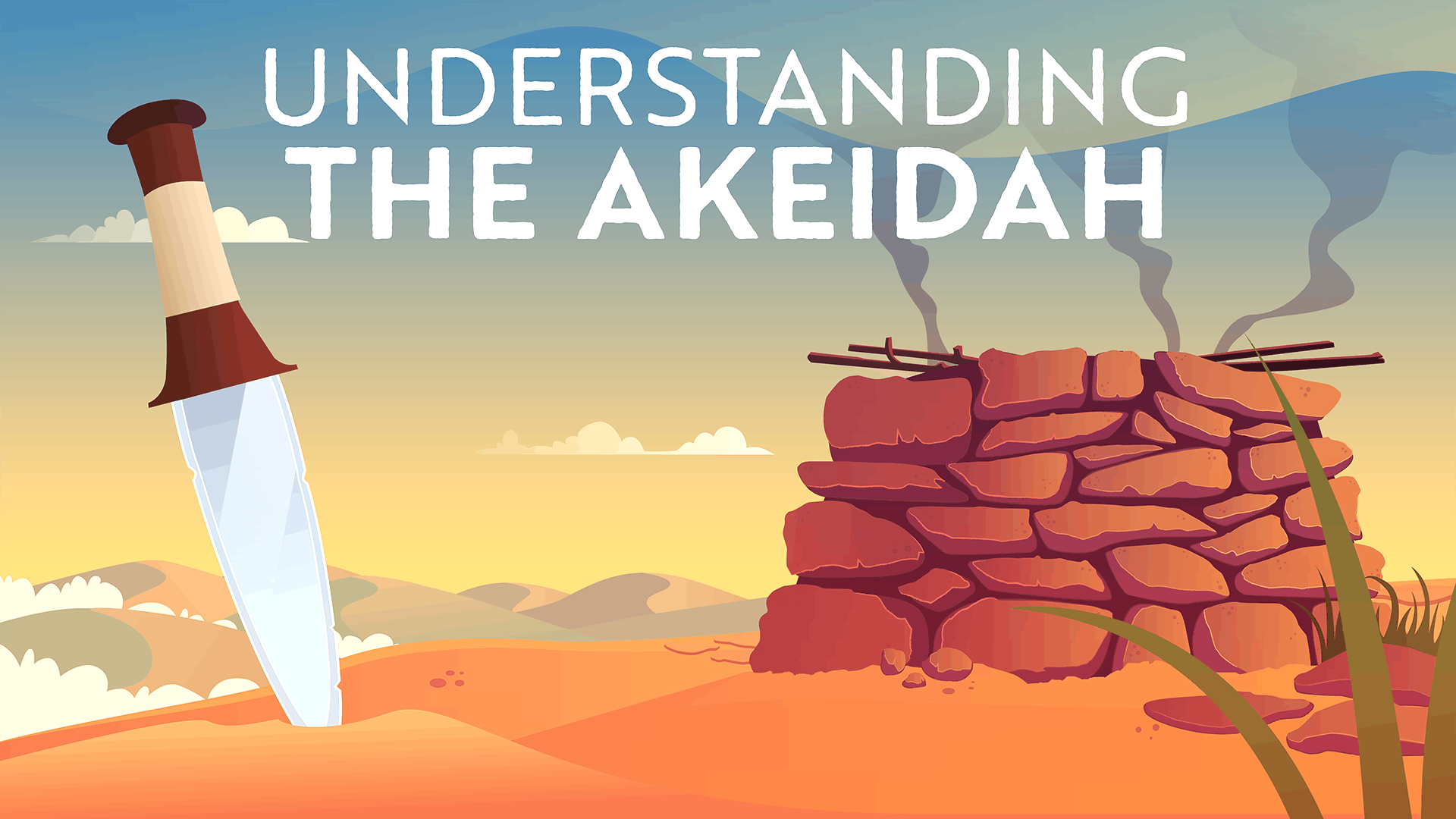
How Are We Supposed to Understand Akeidat Yitzchak/Child Sacrifice?
Deep Dive Course • Part 1 of 7 • 48 min
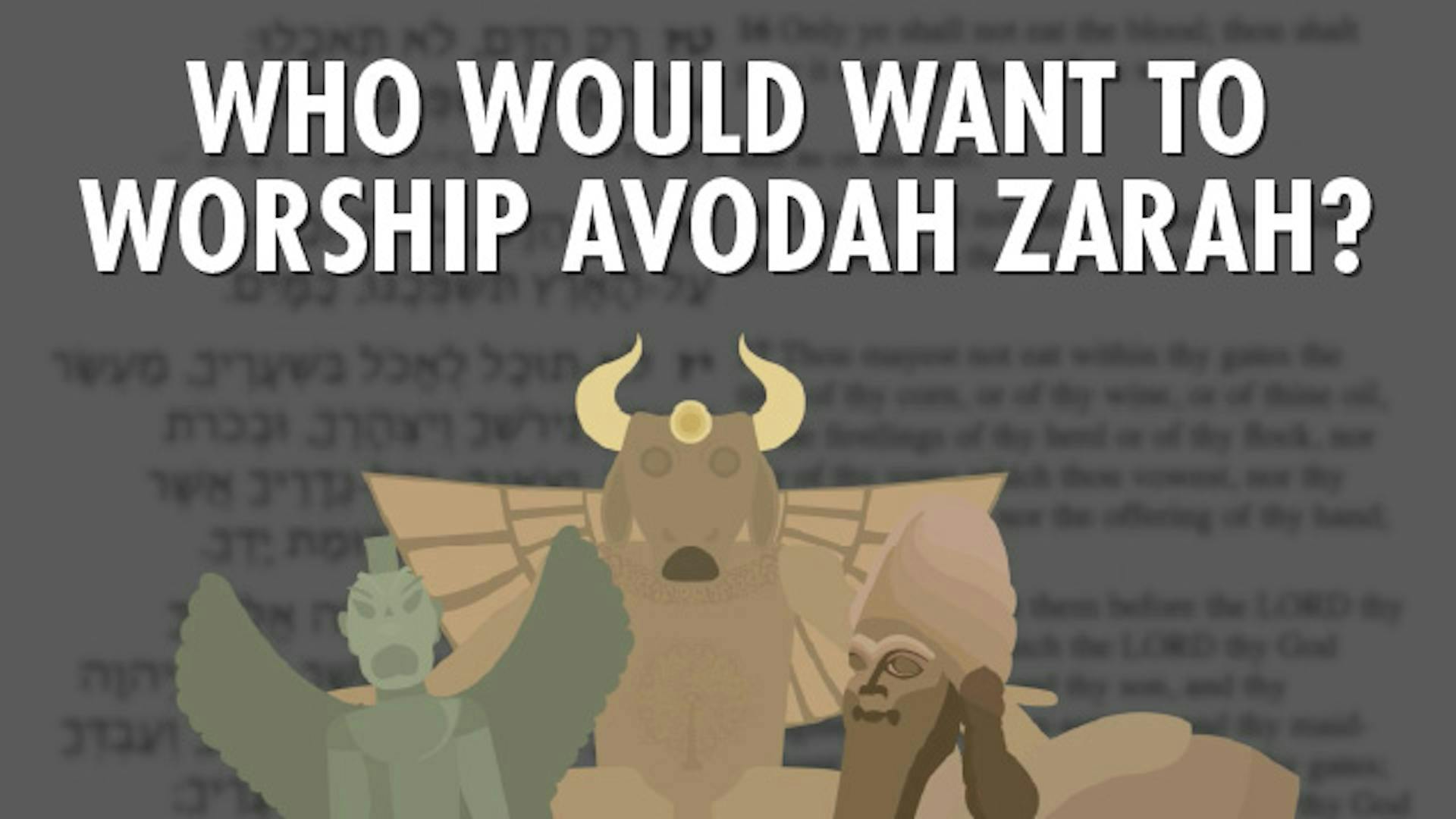
Who Would Want to Worship Avodah Zarah?
Animated Video Series • 22 min
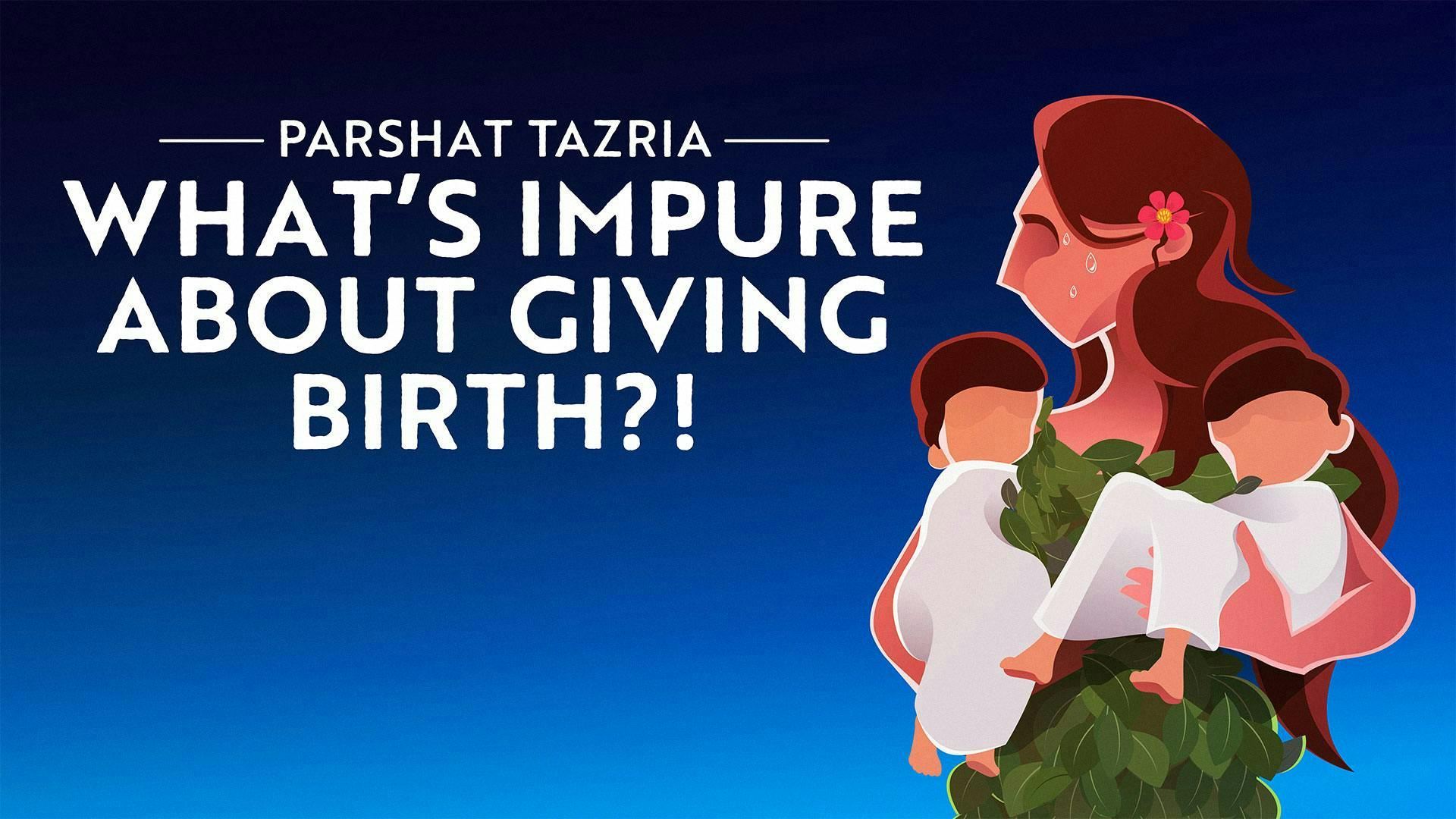
Why Would Giving Birth Make a Mother Impure?
Animated Video Series • Part 1 of 2 • 17 min
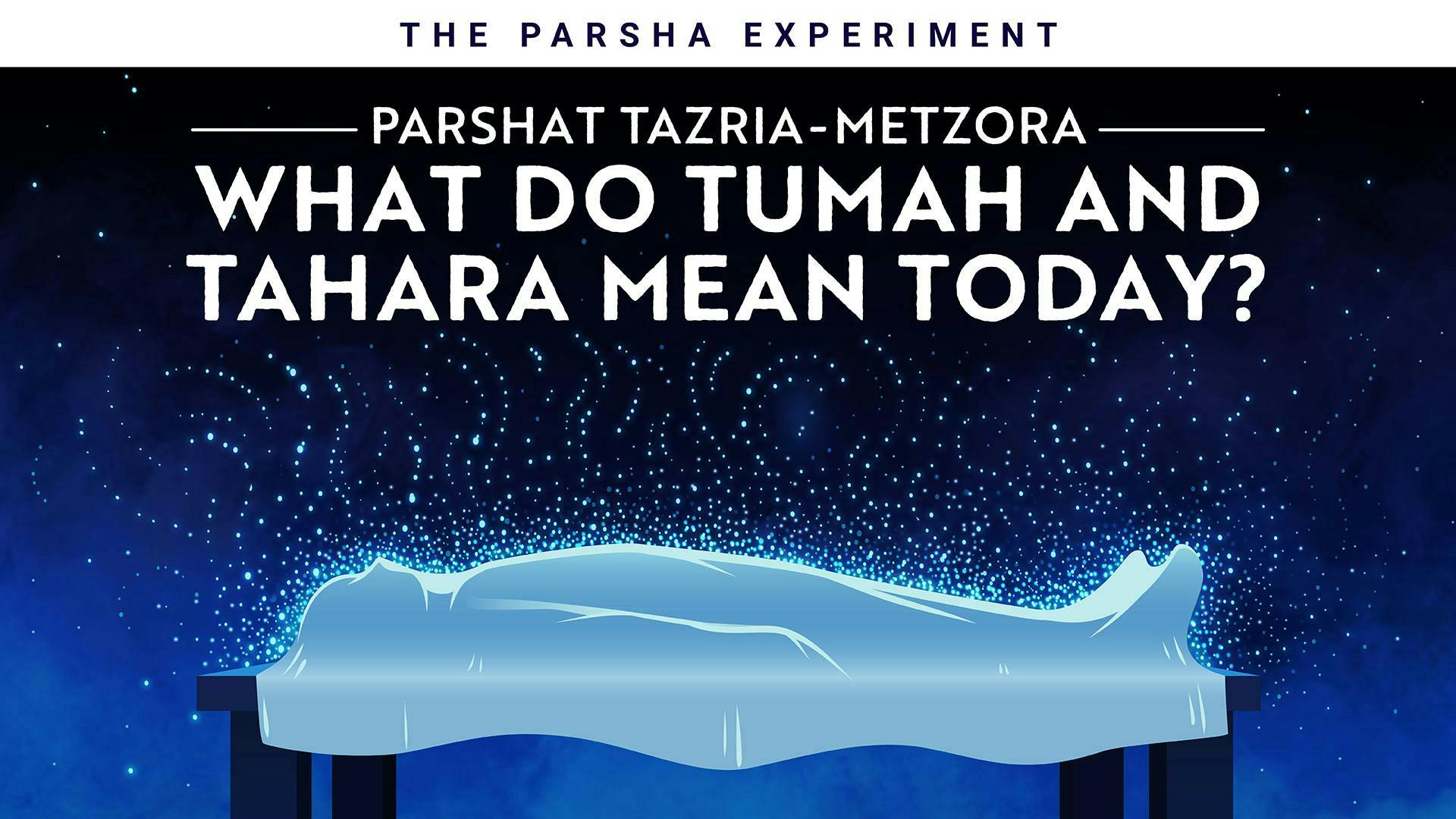
How Can We Make Sense of the Laws of Impurity?
Animated Video Series • Part 1 of 2 • 11 min
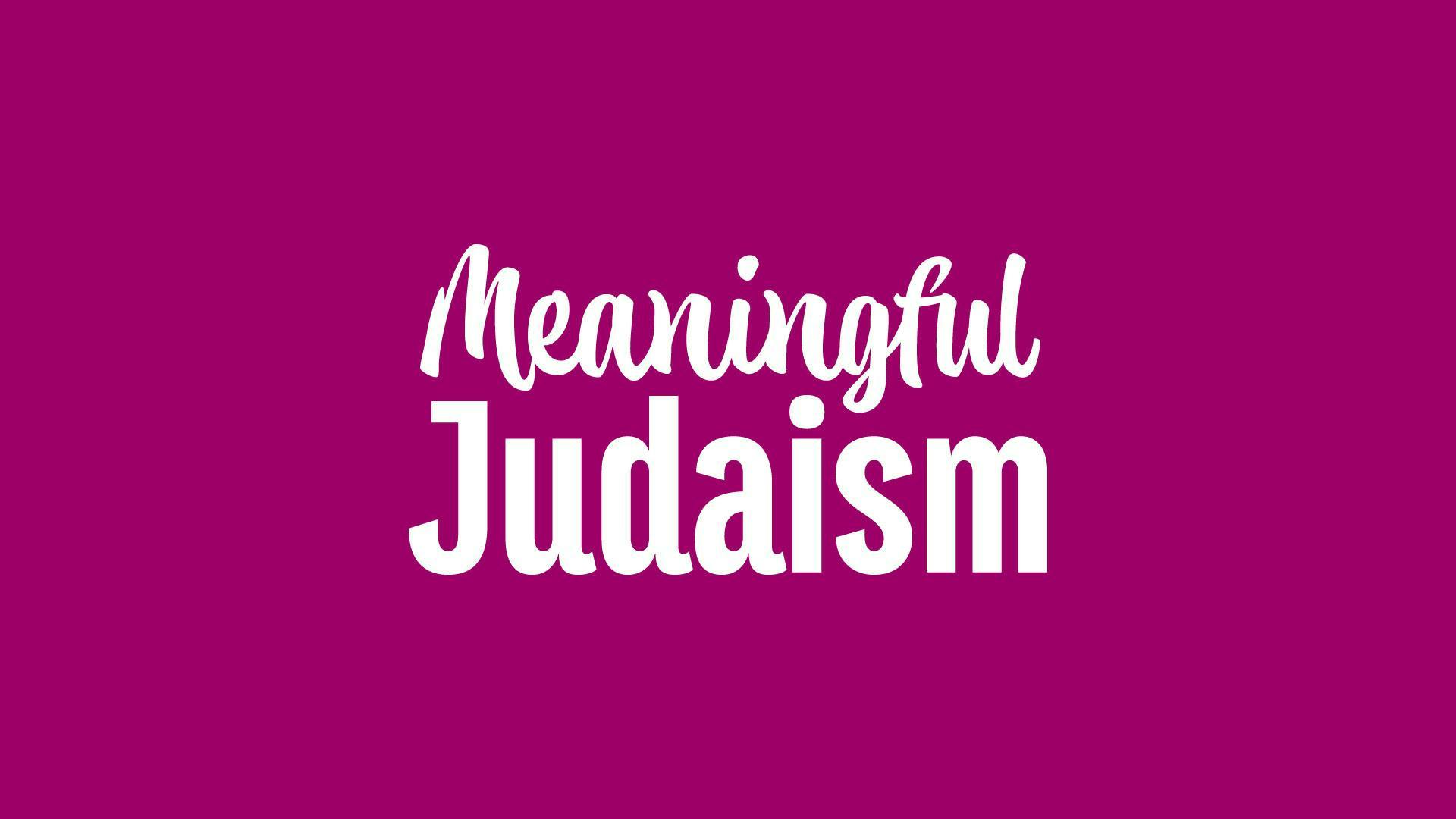
Should We Be Attributing Reasons to Mitzvot?
Podcast • 39 min
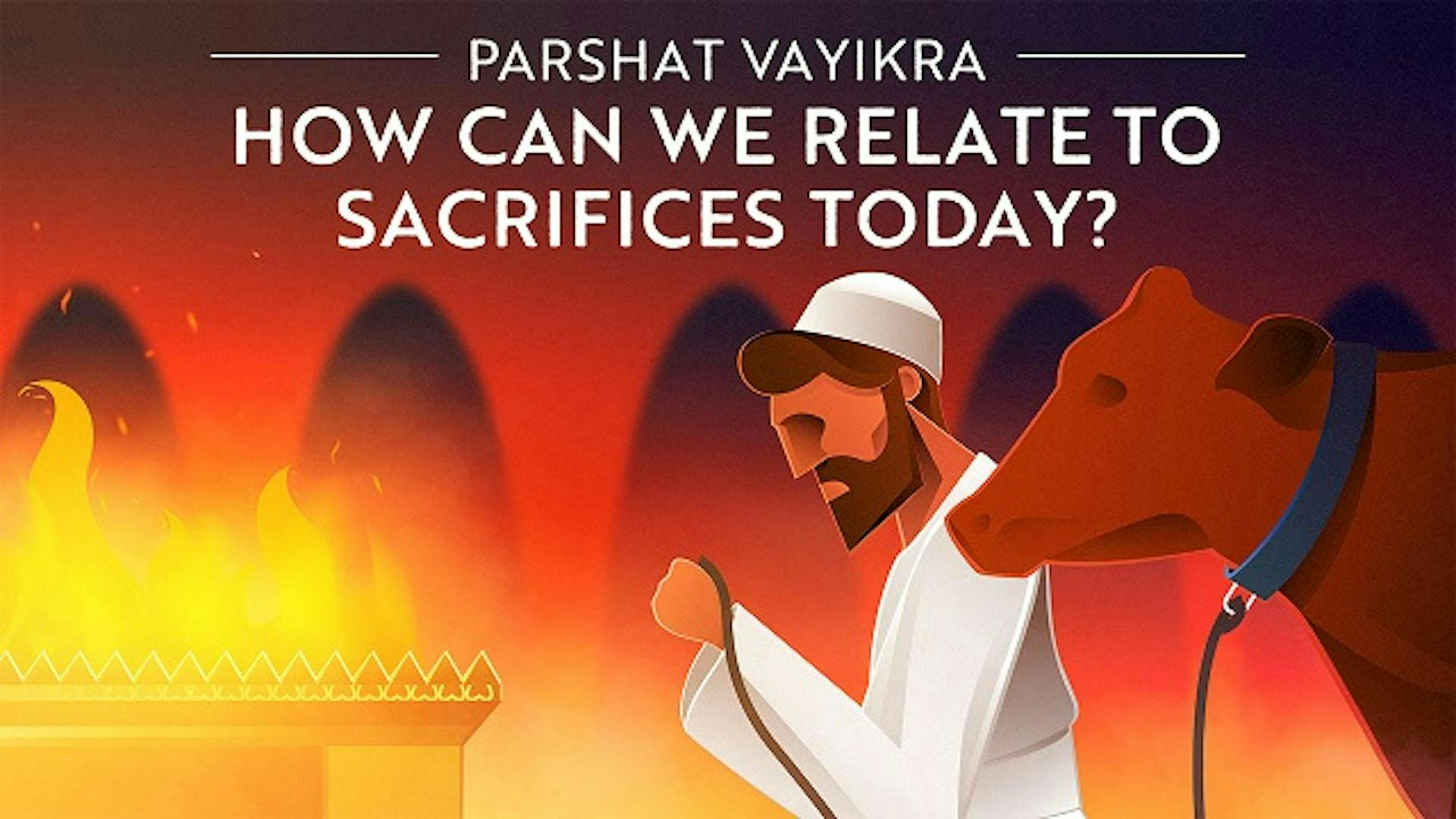
Why Does God Want us to Perform Animal Sacrifices?
Animated Video • 13 min
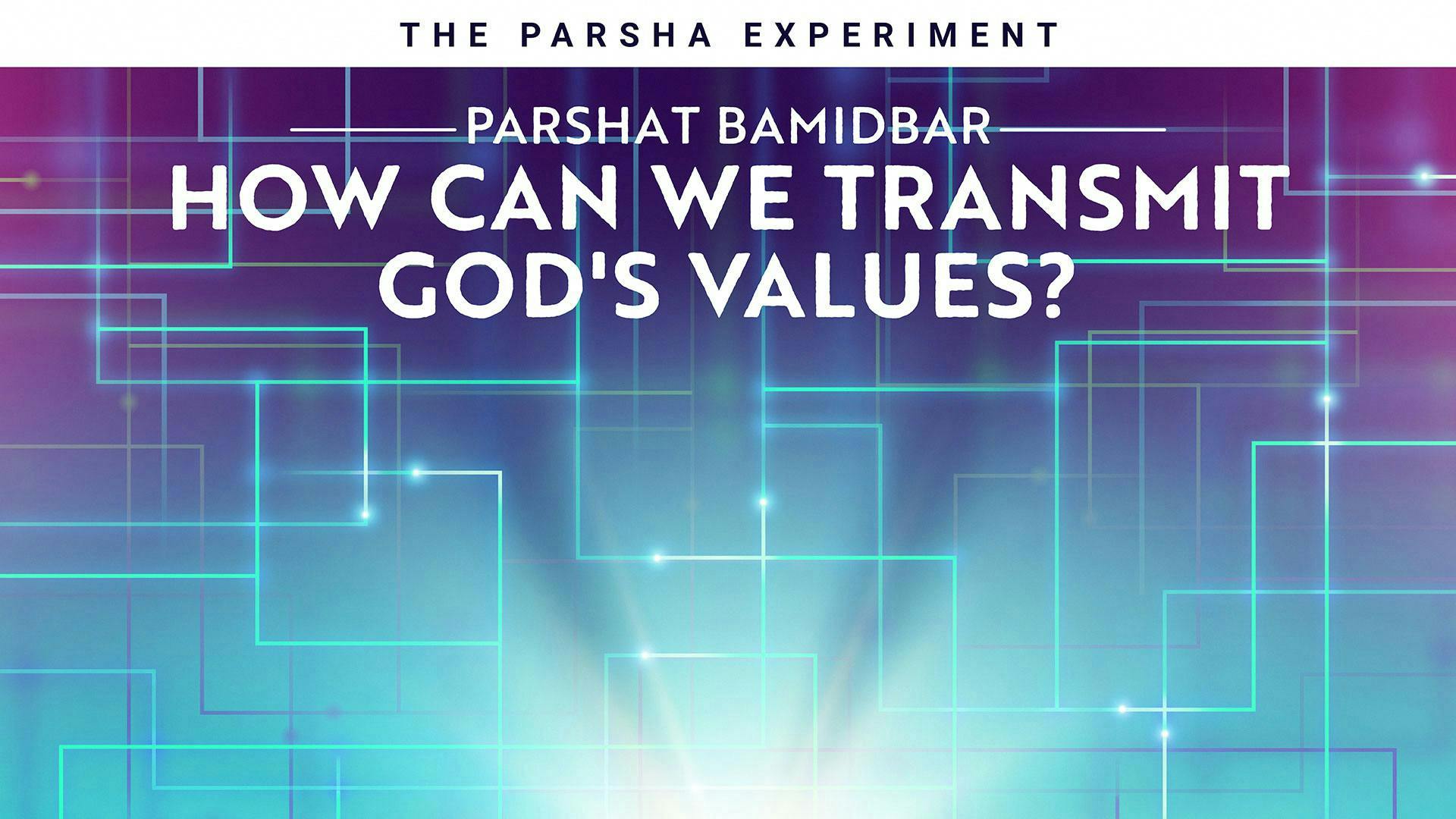
Are Kohanim and Levites More Important Than the Rest of the Nation?
Animated Video • 14 min
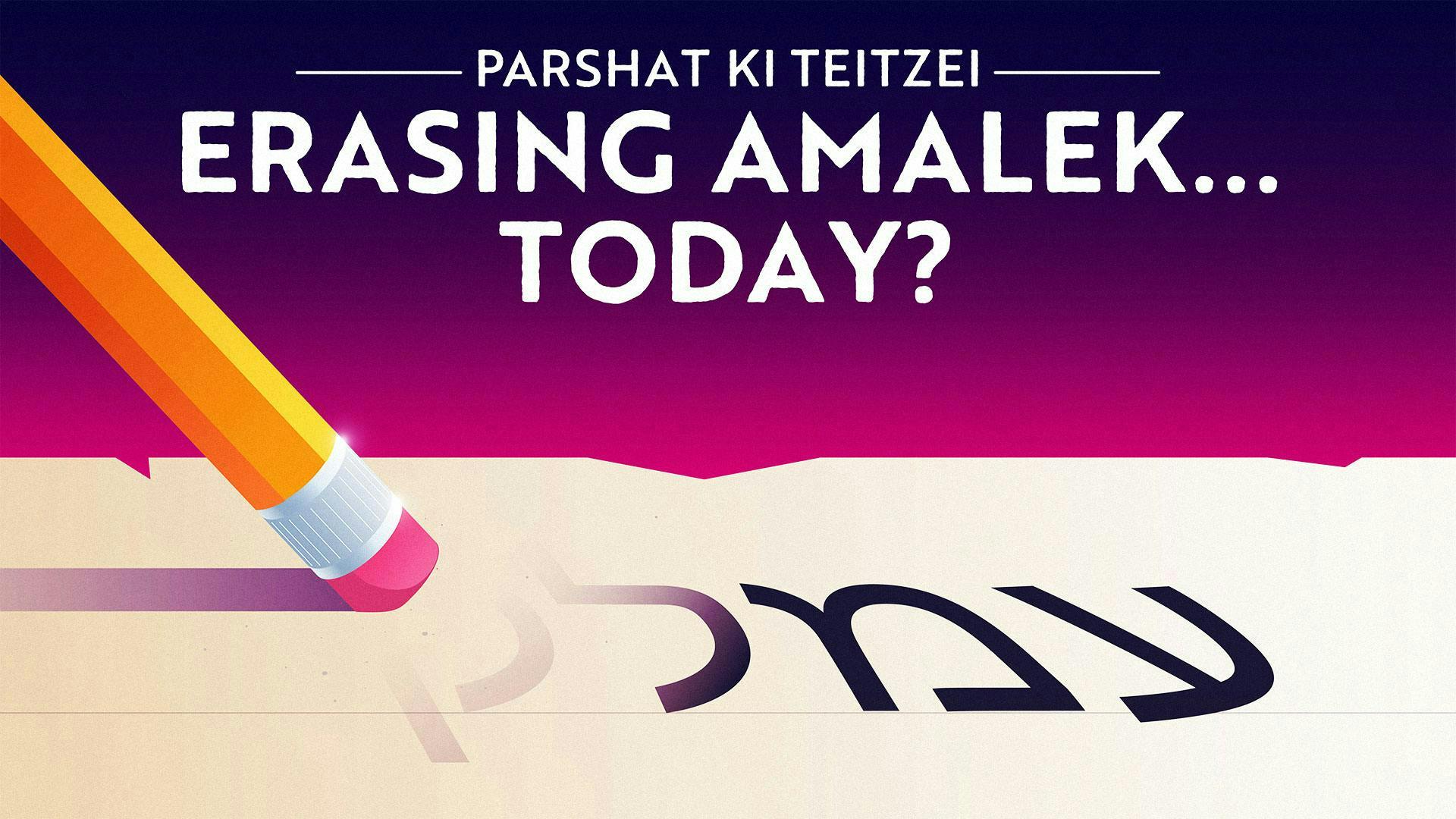
Erasing Amalek...Today?
Animated Video • 15 min
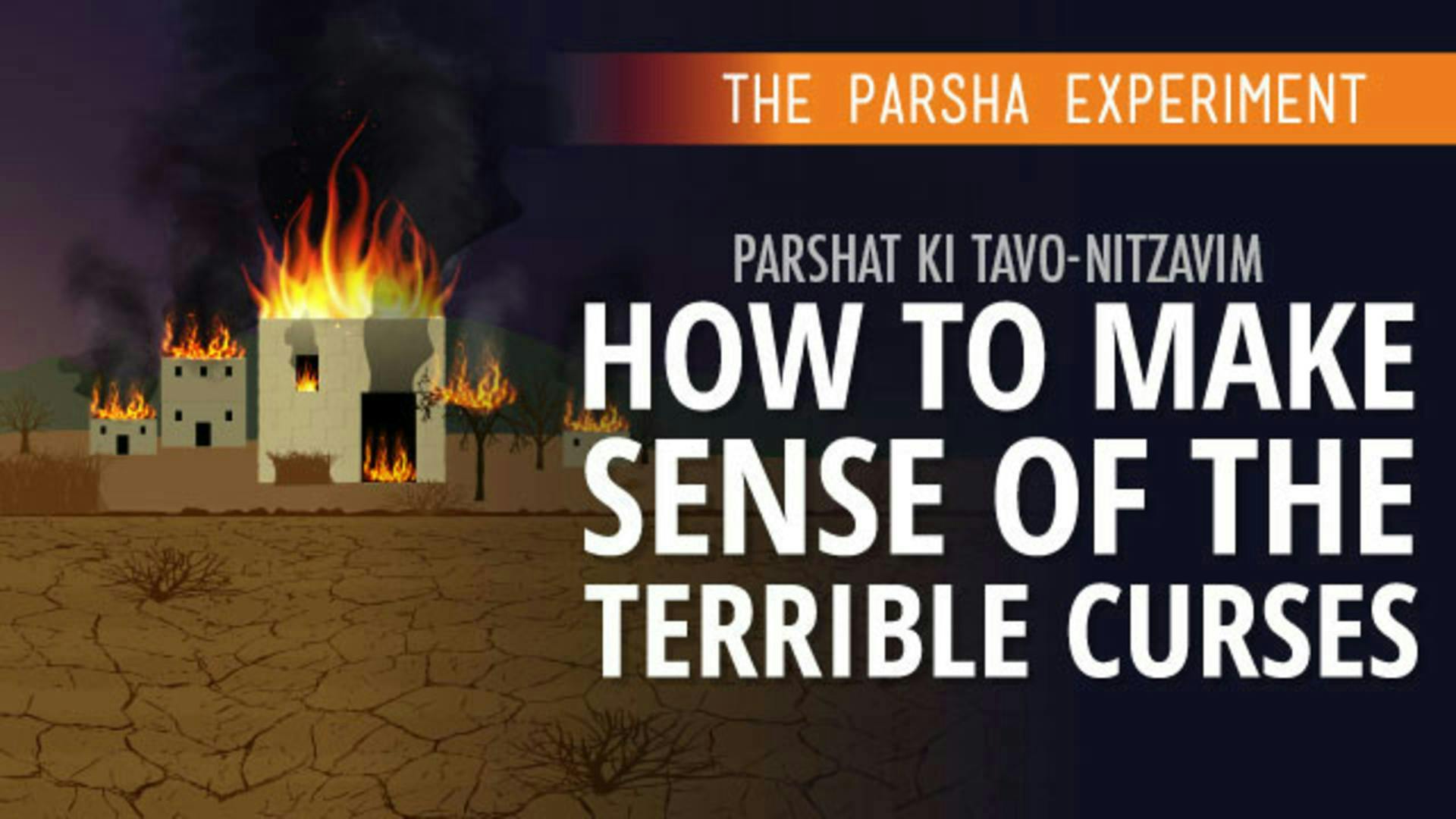
How Should We Understand the Disturbing Curses in Deuteronomy?
Animated Video Series • Part 1 of 2 • 15 min
God and the Jewish Journey
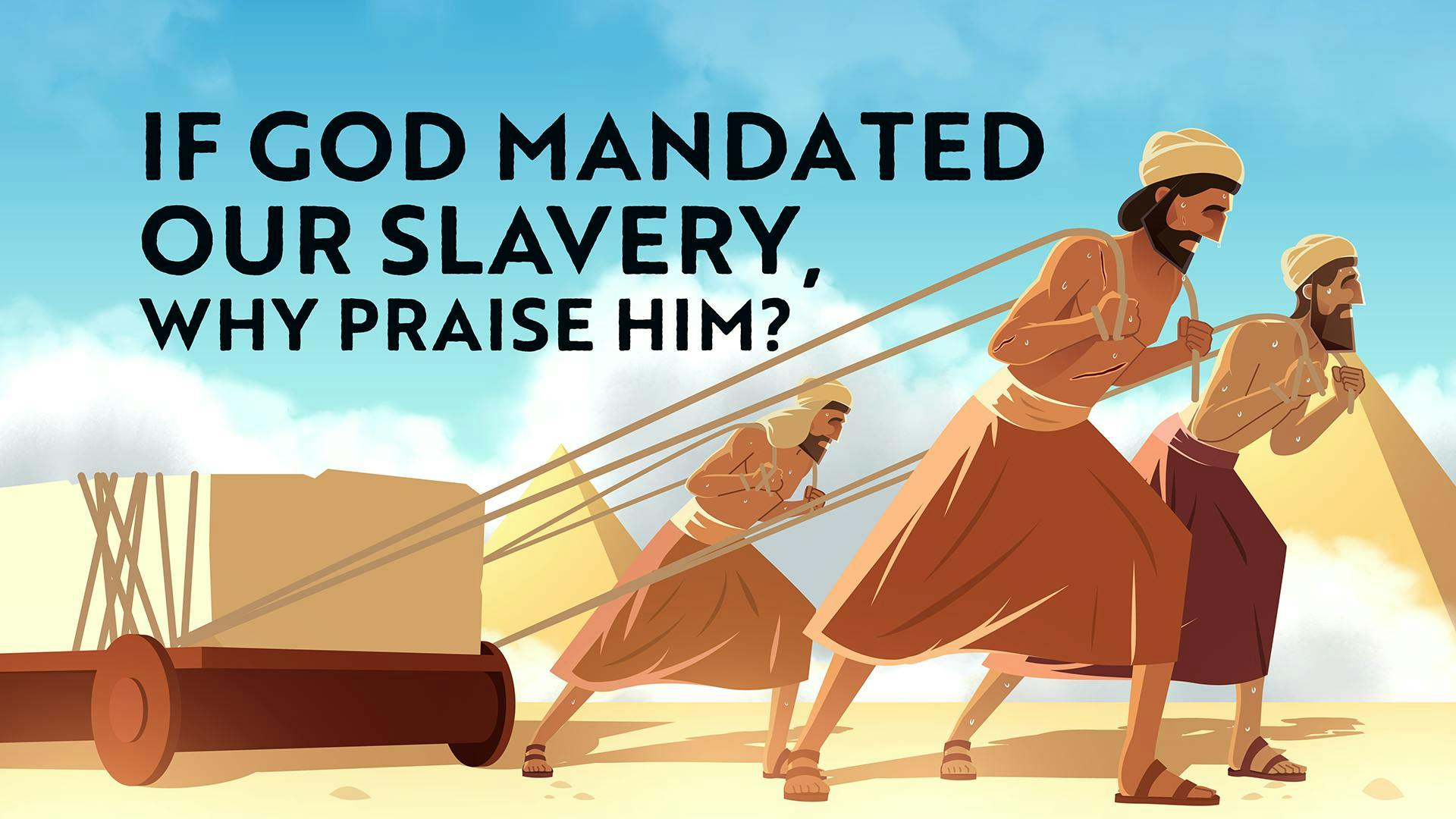
If God Mandated Our Slavery, Why Praise Him for Our Freedom?
Animated Video Series • Part 1 of 5 • 8 min
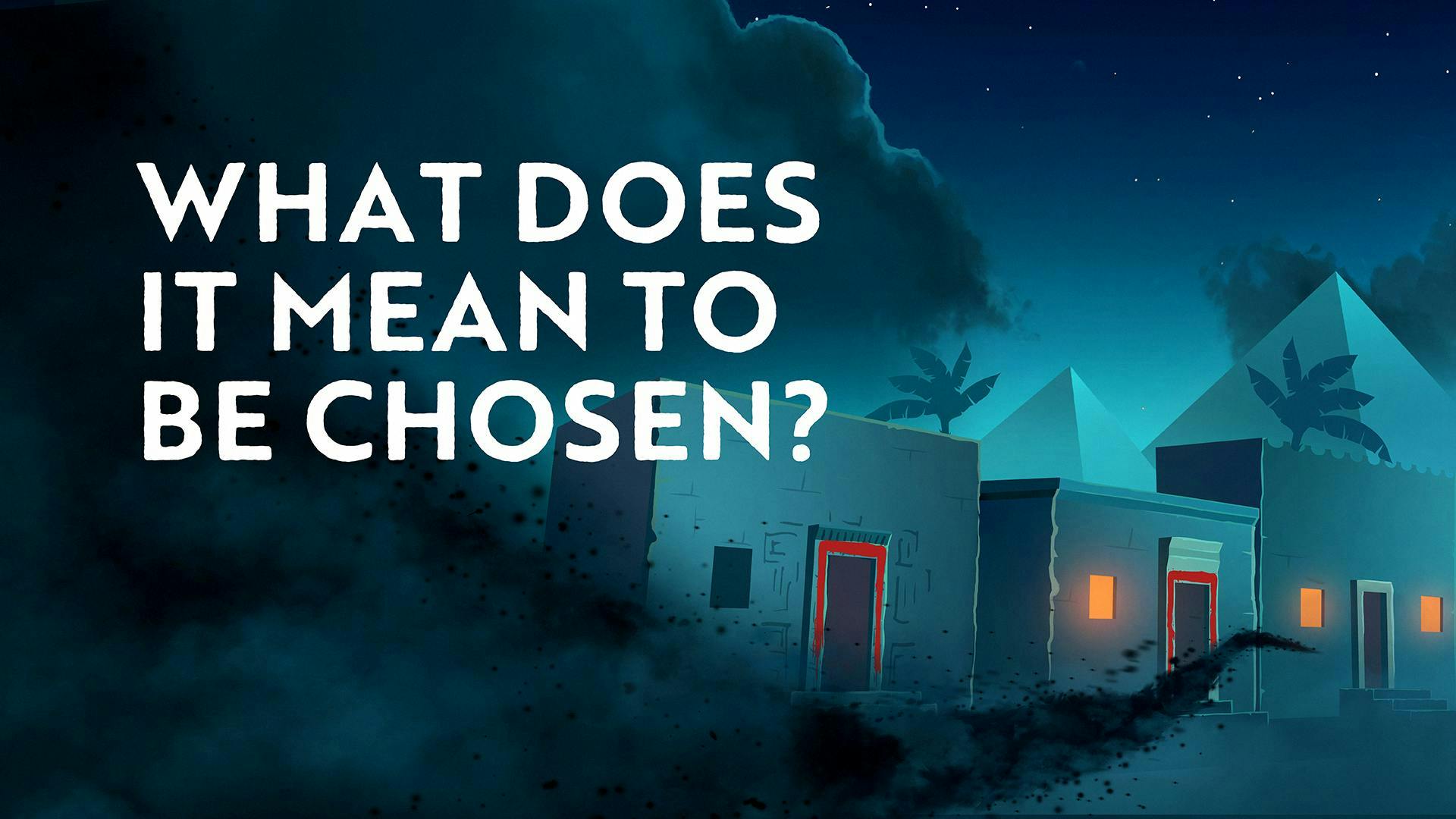
Why Did God Choose Israel as His Chosen People?
Animated Video Series • Part 1 of 8 • 8 min
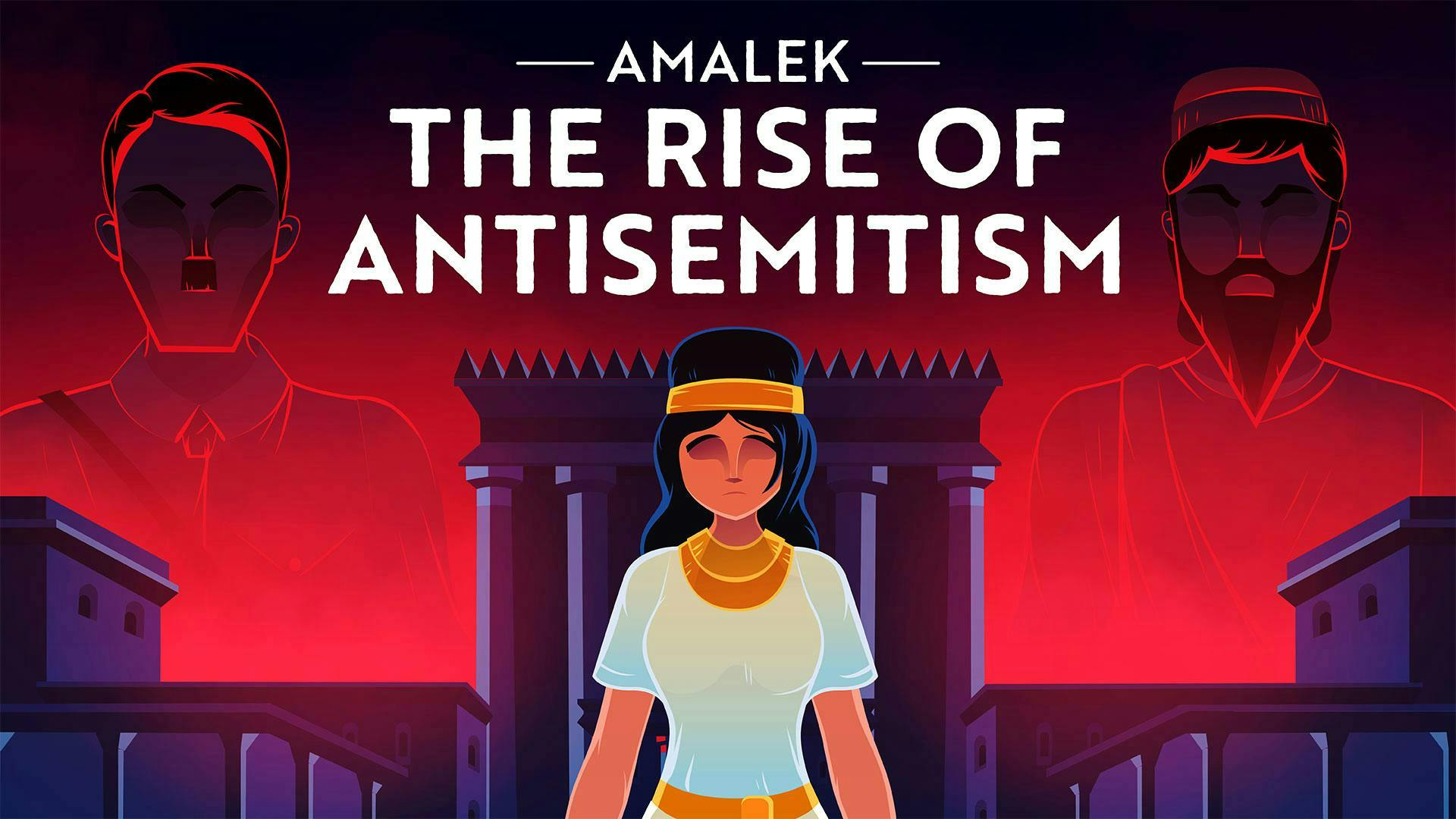
What Are the Origins of Antisemitism?
Deep Dive Course • Part 1 of 11 • 1 hour, 23 min
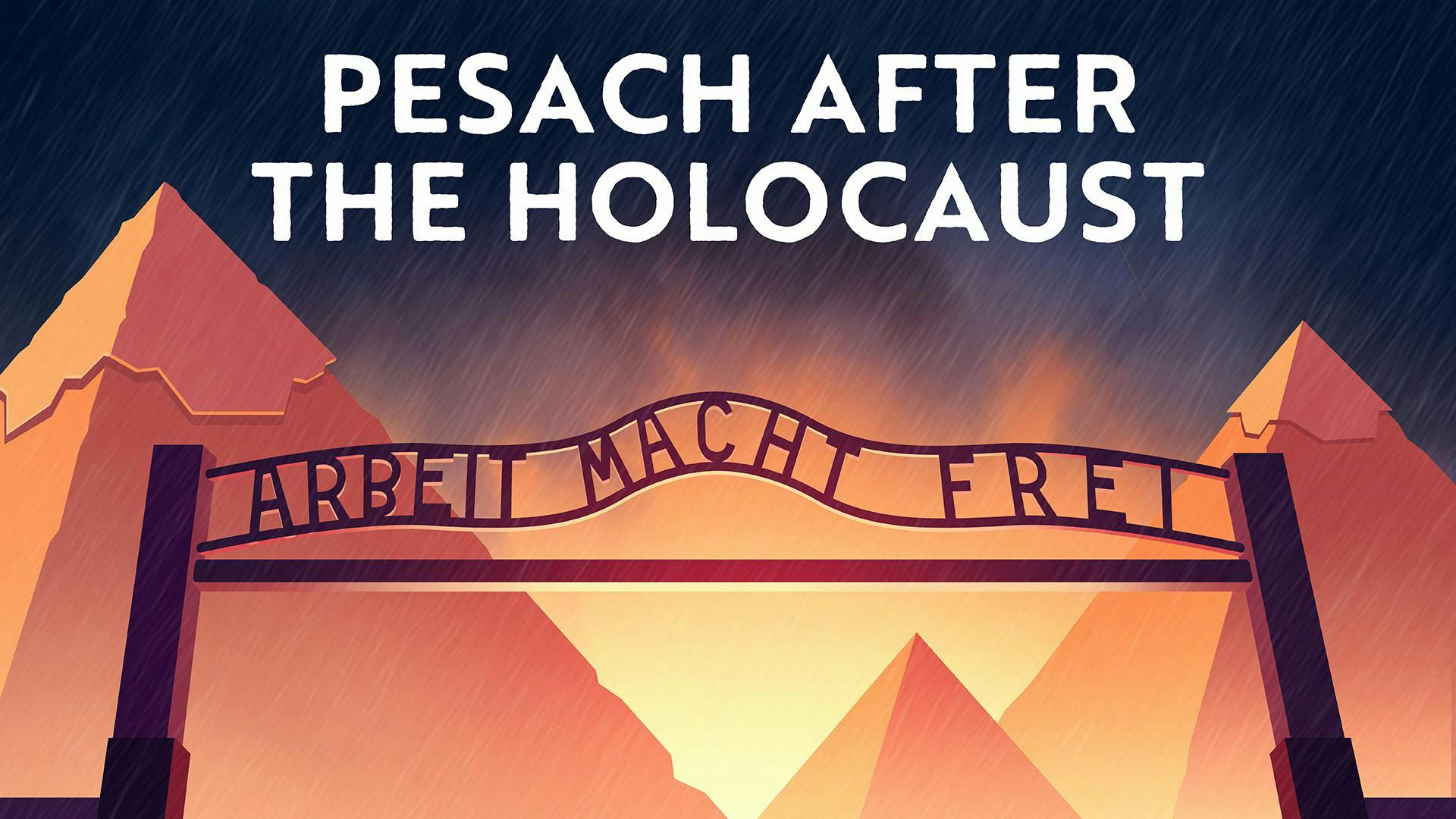
When Evil Seems Unanswerable: Pesach’s Wisdom After the Holocaust
Animated Video Series • Part 1 of 5 • 20 min
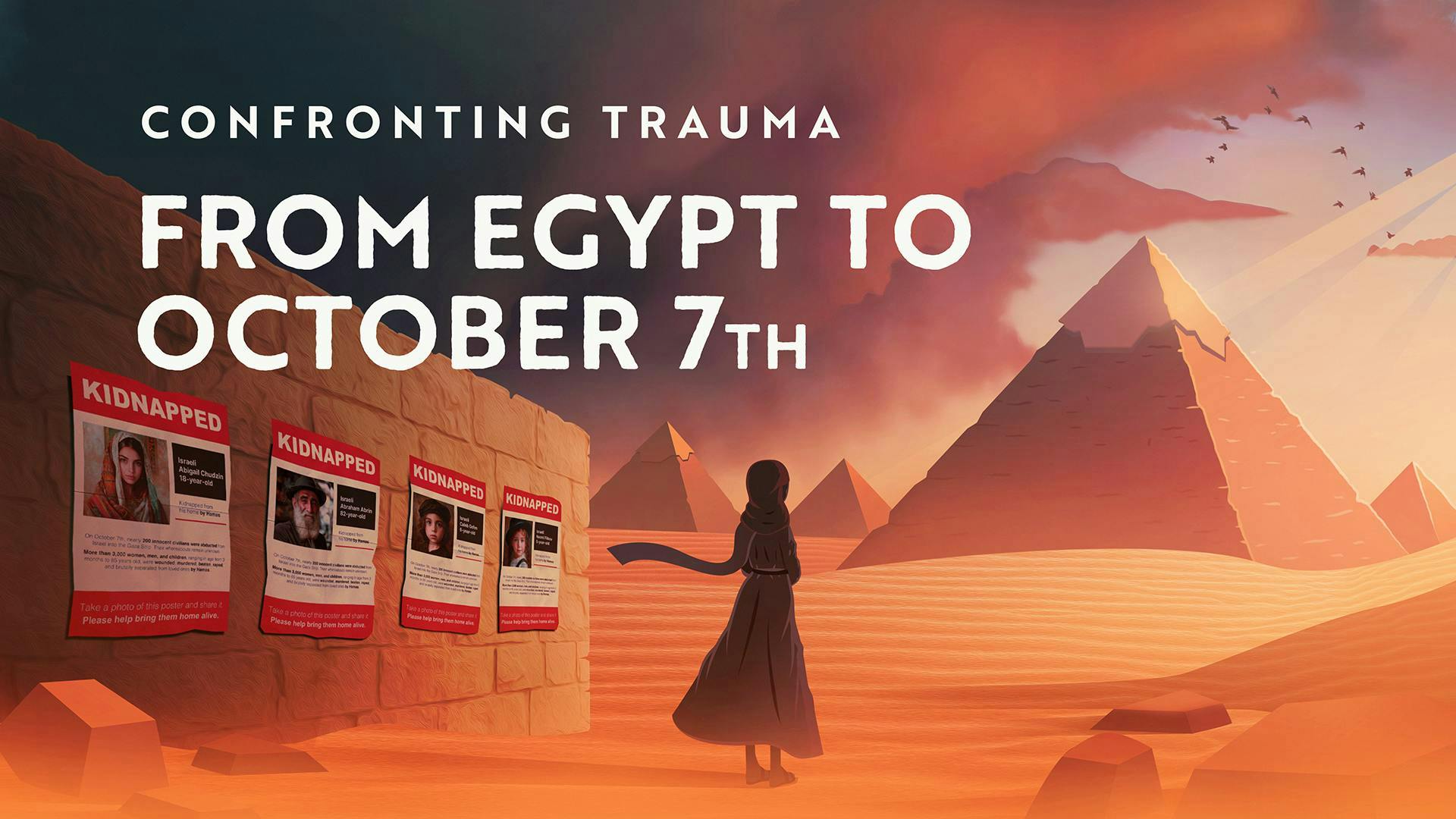
How Do We Relate to Passover Post October 7th?
Animated Video Series • Part 1 of 7 • 14 min
The Role of Oral Law
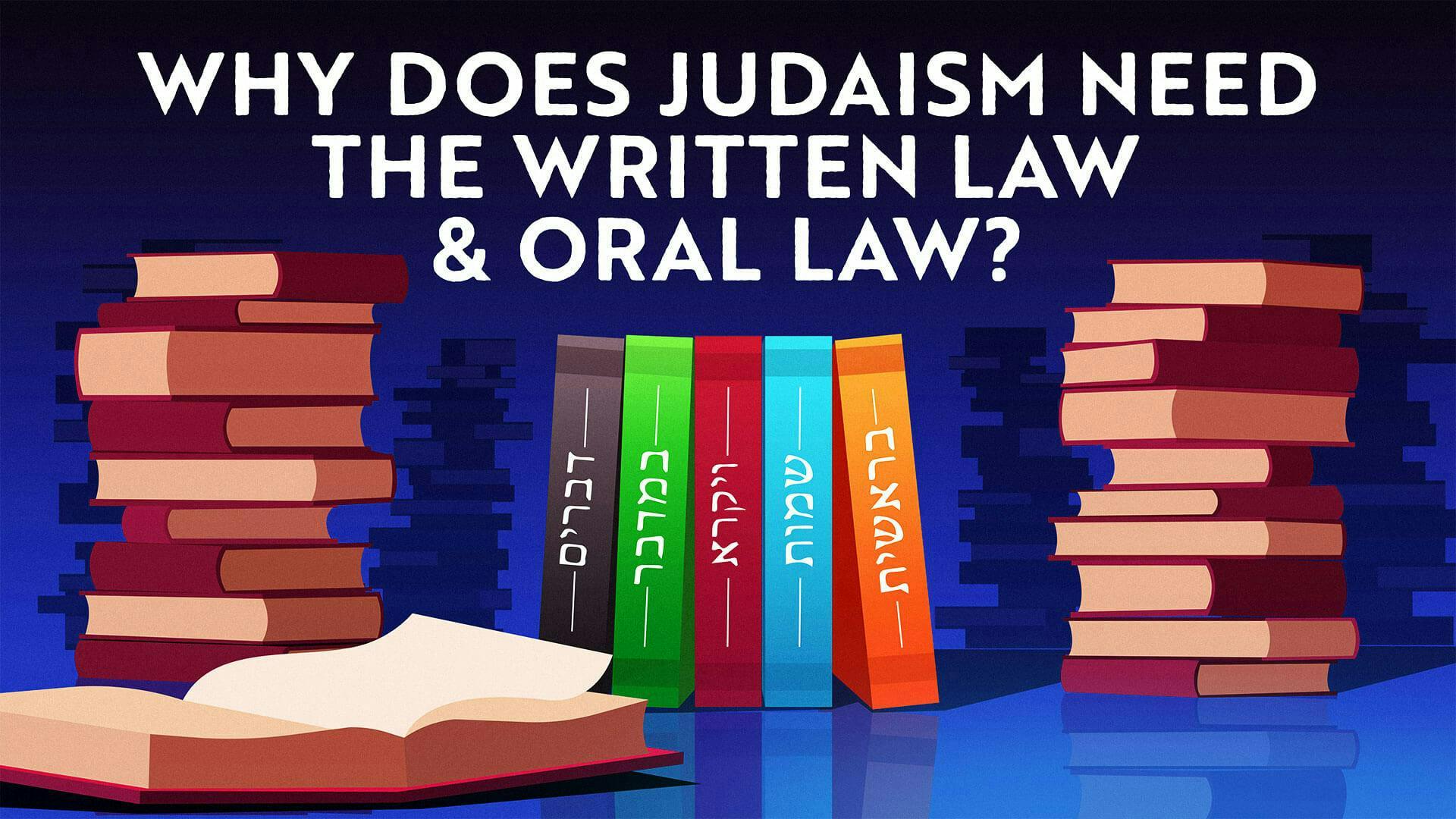
Why Does Judaism Need The Written Law And Oral Law?
Animated Video • 14 min
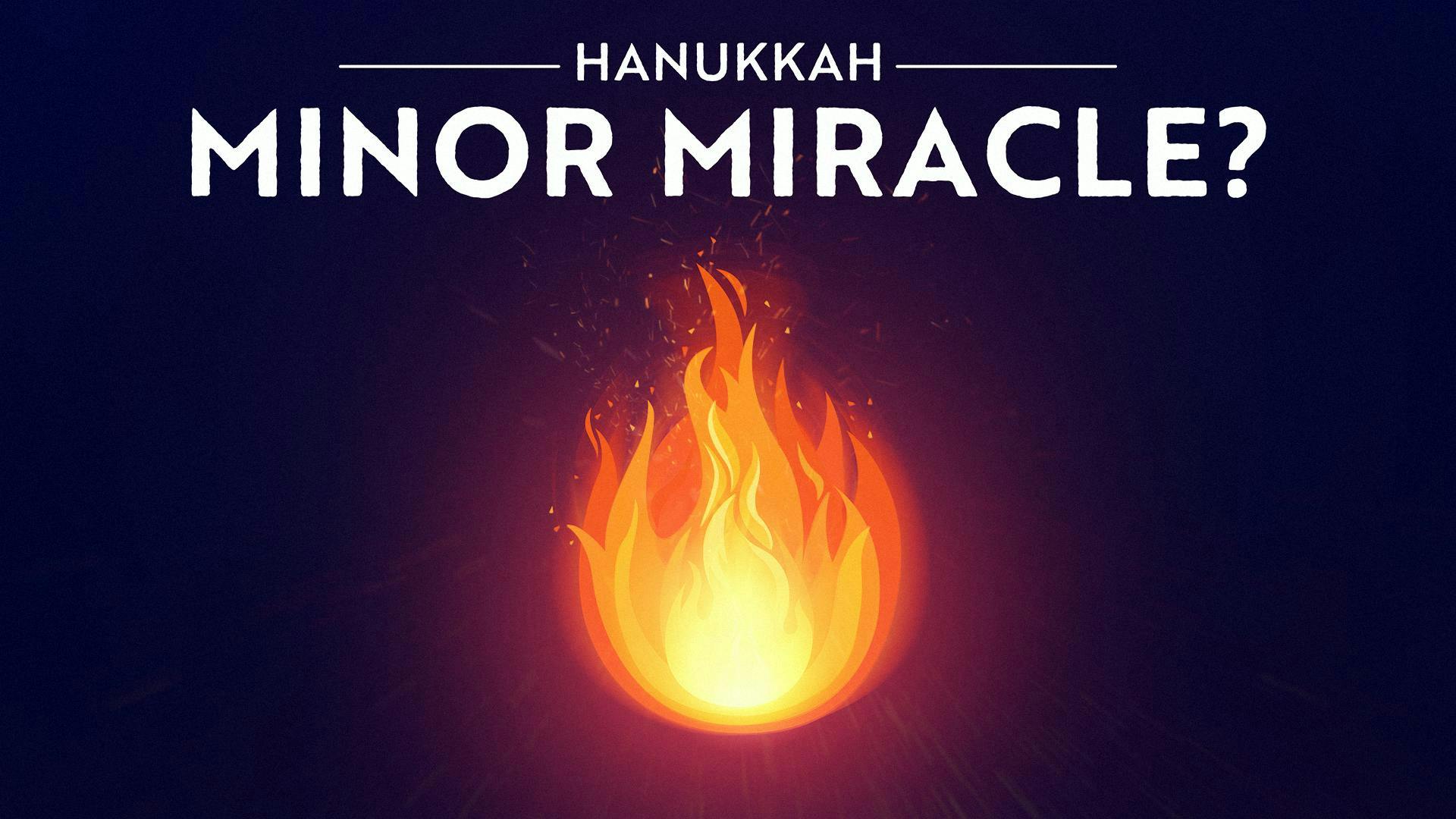
Why Did the Rabbis Come up With the Holiday of Hanukkah?
Animated Video • 33 min
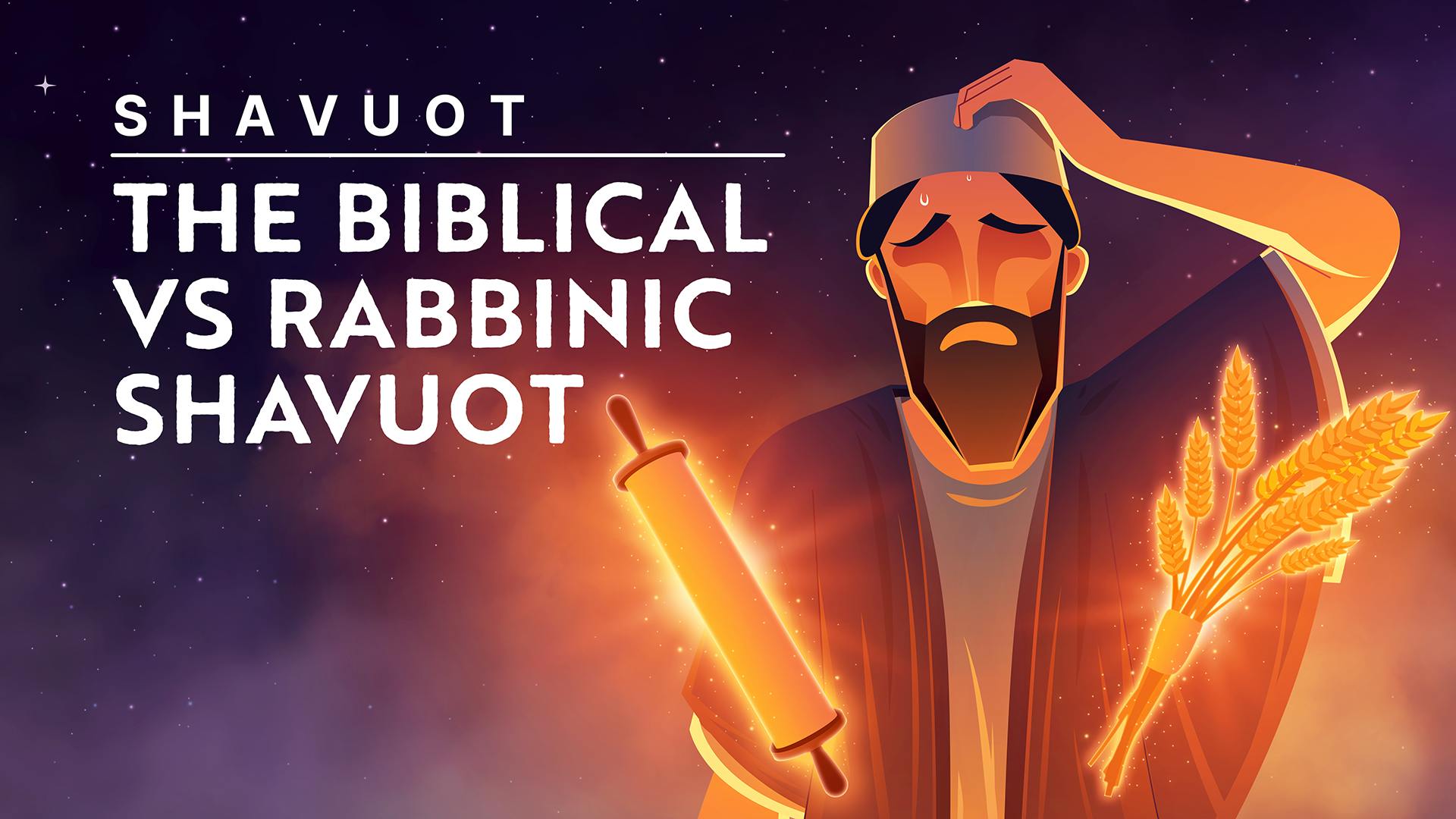
What Links the Biblical and Rabbinic Shavuot Together?
Animated Video Series • Part 1 of 6 • 6 min
